
Derived from the term 'pot ash', potash (or wood ash) is the water-soluble part of ash formed by burning plant material. It’s also a form of potassium, a vital nutrient for regulating a plant's water balance and creating sugars and starches. Without enough potassium, vegetables become more vulnerable to pests, diseases, and drought.
Is Wood Ash Good for the Garden?
In short, yes! Potash can be a great addition to your garden when used as a fertiliser. It ensures that plants mature properly and also improves their overall health, root strength, resistance to disease, and yield size and boosts the colour and flavour of the food you’re growing.
How to Use Wood Ash in the Garden
Although potash is essential for raising healthy plants, too much of a good thing does not always result in success so you need to carefully consider how you use it. Here are some ideas on how to use wood ash in the garden:
In the compost
Boost the fertility of your compost with a sprinkling of potash every so often. Ash is alkaline, however, so use it sparingly or it may affect your worms and bacteria if the pH is too high.
As a lime substitute
Due to its alkalinity, you can use potash as a substitute for liming. Just be cautious as ash alkalinity can vary considerably depending on the type of wood being burnt and any other plant tissue that may be present as is the case when burning a bonfire. Generally speaking, hardwood produces more ash and a higher concentration of nutrients than their softwood counterparts.
Before adding ash to your soil, test your soil pH and potassium levels to be sure it will help rather than hinder your soil and plants.
Direct to soil
Sprinkling ash onto soil may help to deter slugs and snails, but sadly, the effects vanish once the ash gets wet. It’s also been reported that sprinkling ash when sowing carrot seeds and dusting it on swede can help ward off carrot and turnip flies. Root vegetable seeds such as parsnip seeds, pea seeds, and bean seeds all appreciate potash, too.
Which Plants Don’t Like Potash?
Being alkaline, wood ash should not be applied to soil with a pH of 7.5 or greater, nor should it be used near acid-loving plants such as blueberries. It may also encourage the fungus potato scab so avoid using it near where potatoes will be grown.
In summary, keep ash dry before use, test your soil before applying ash, and make sure it is suitable for the plants you are applying it near.








































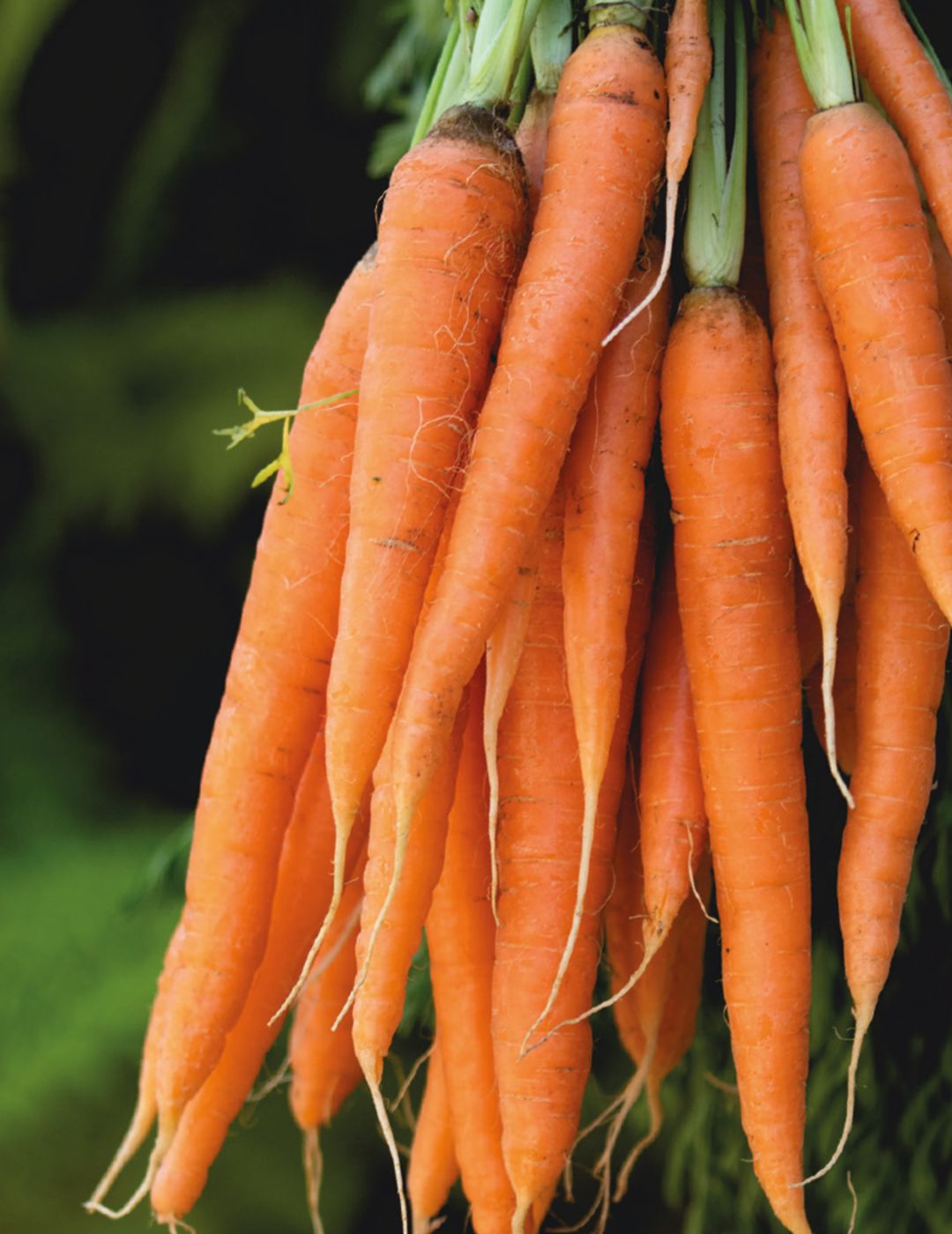
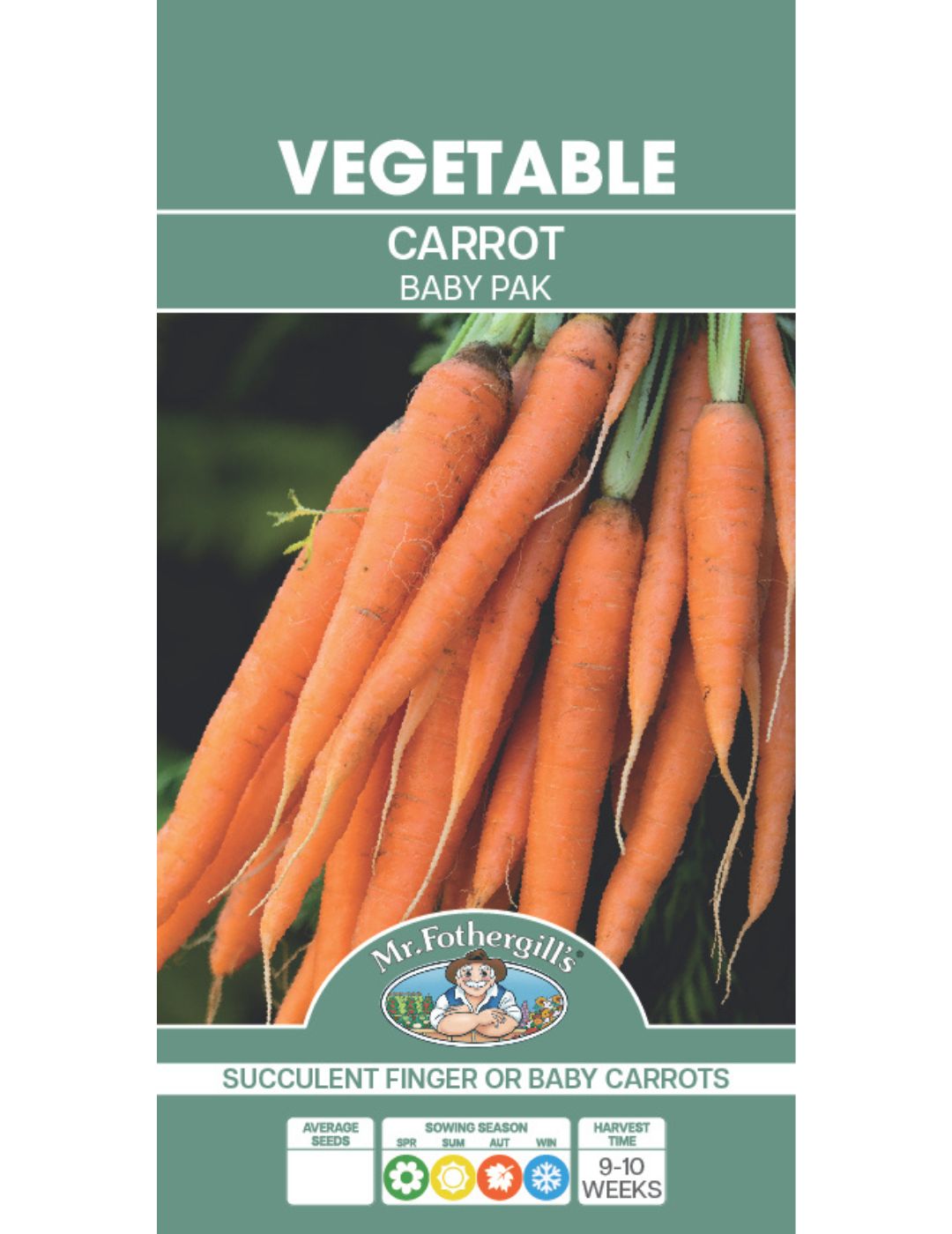
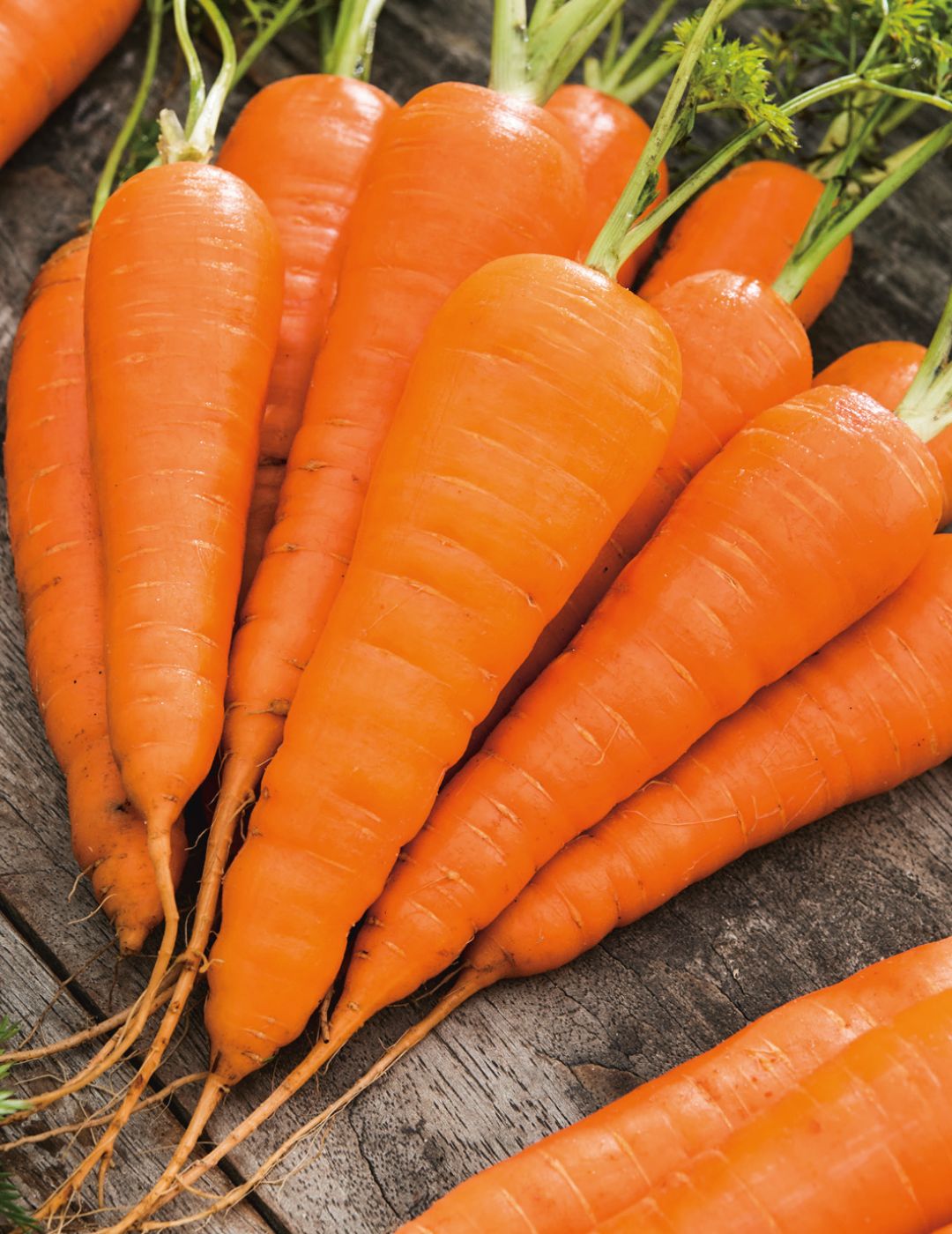
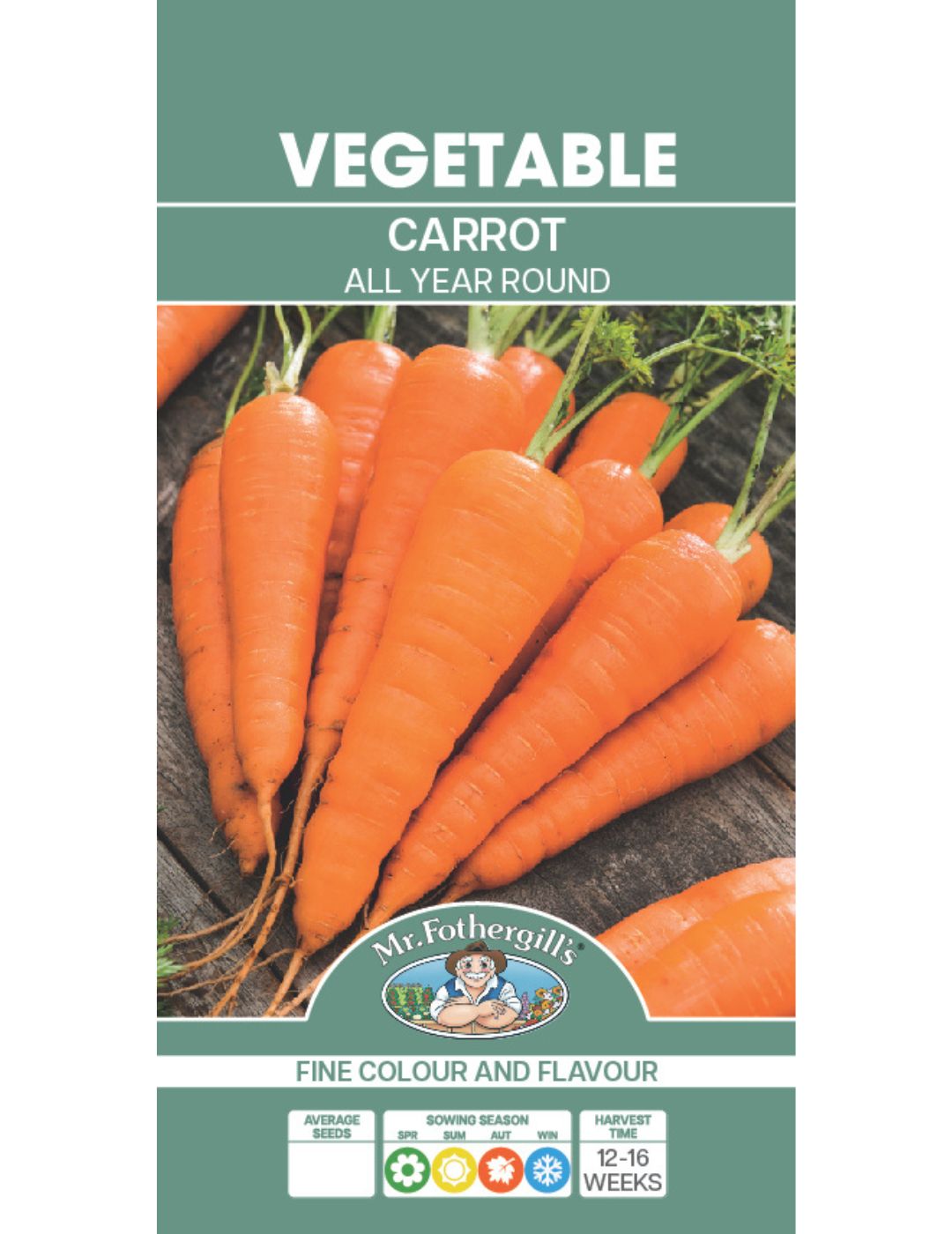
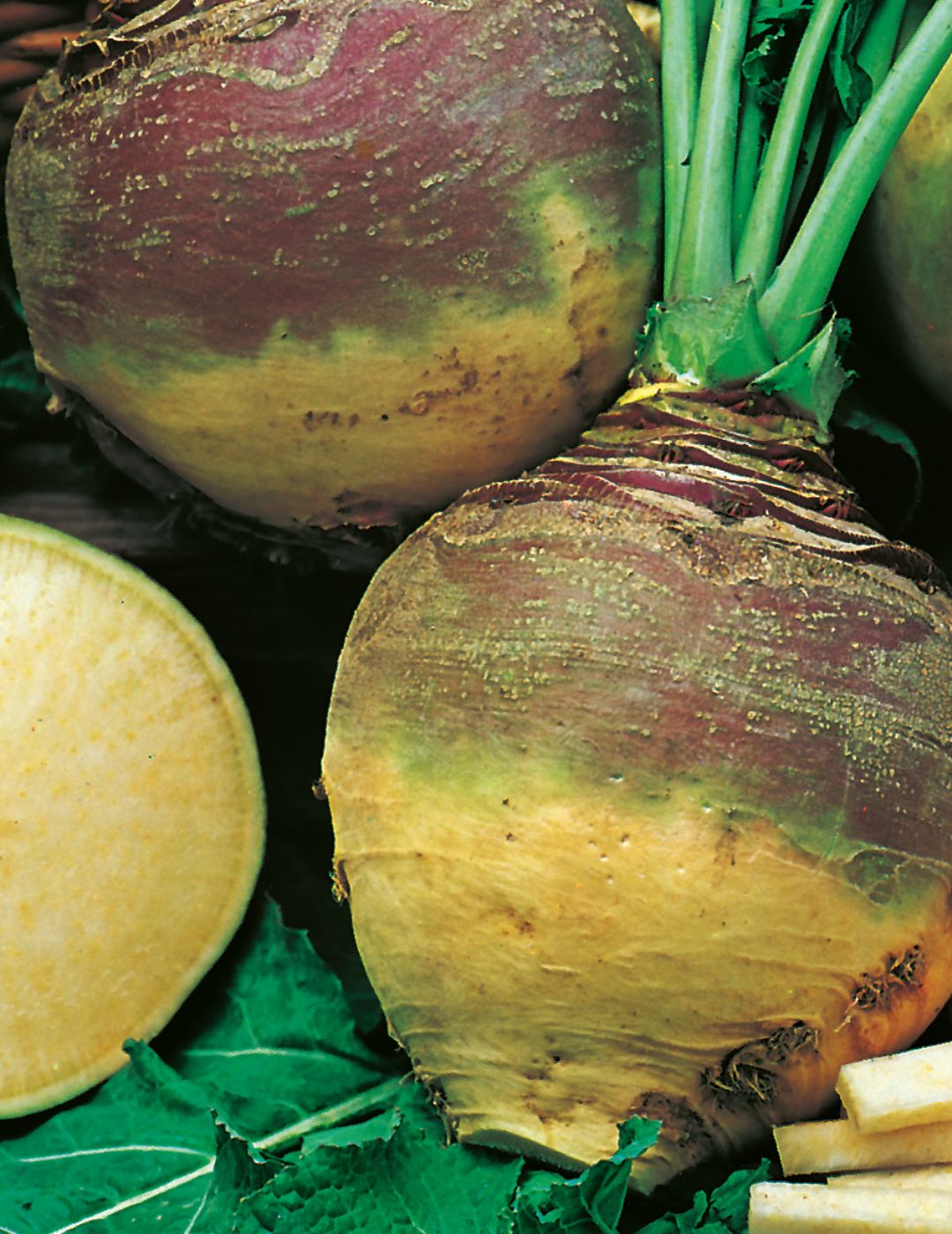
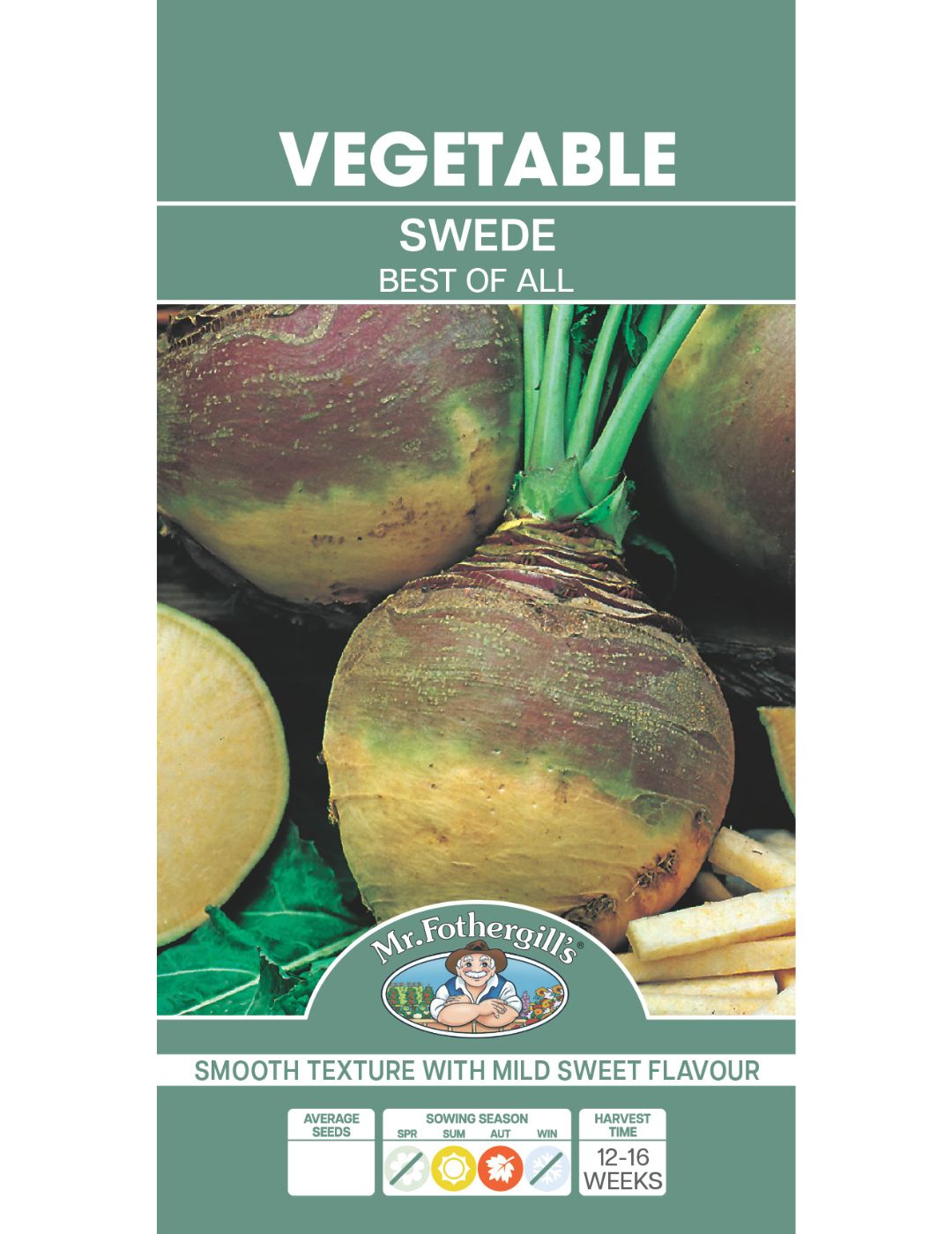
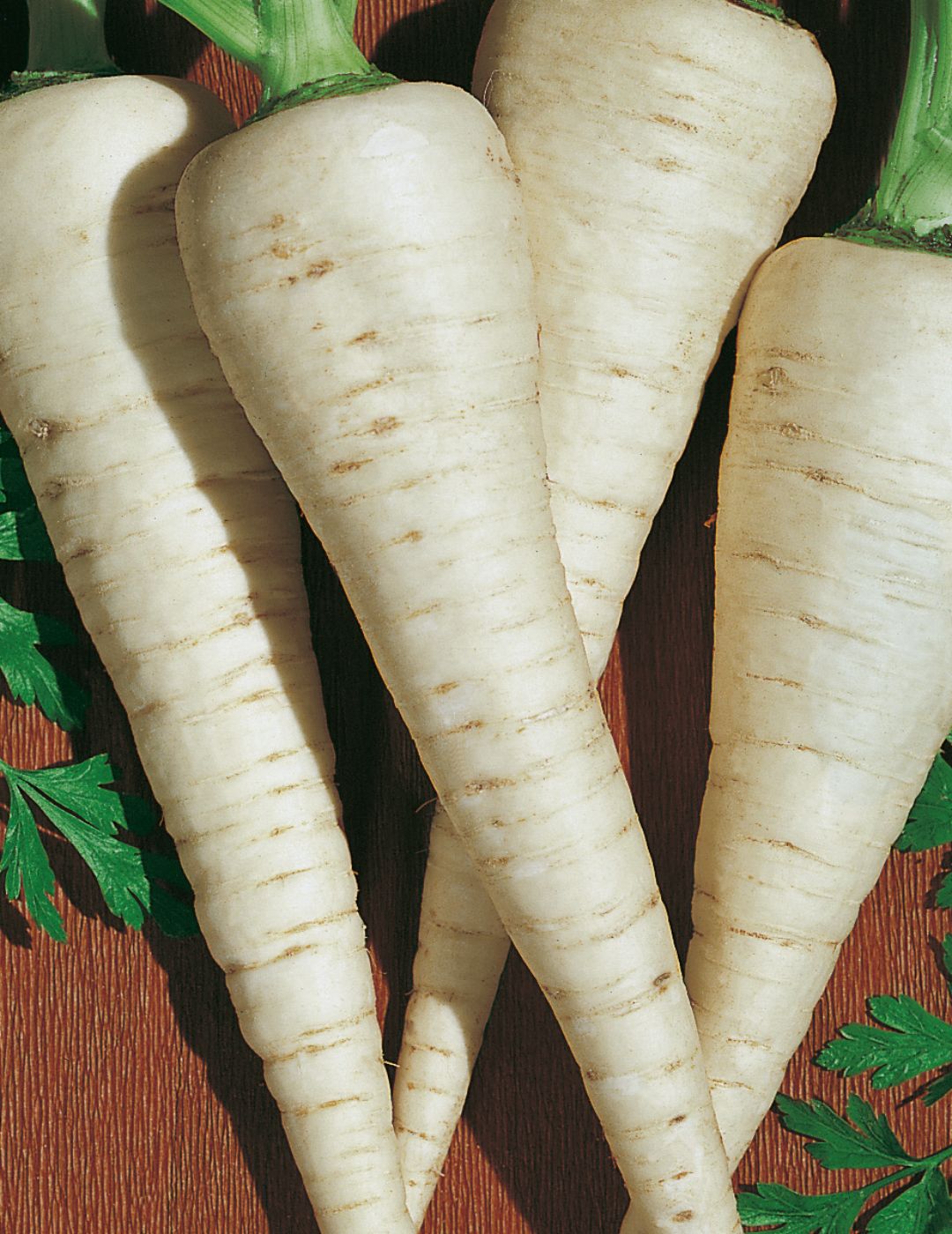
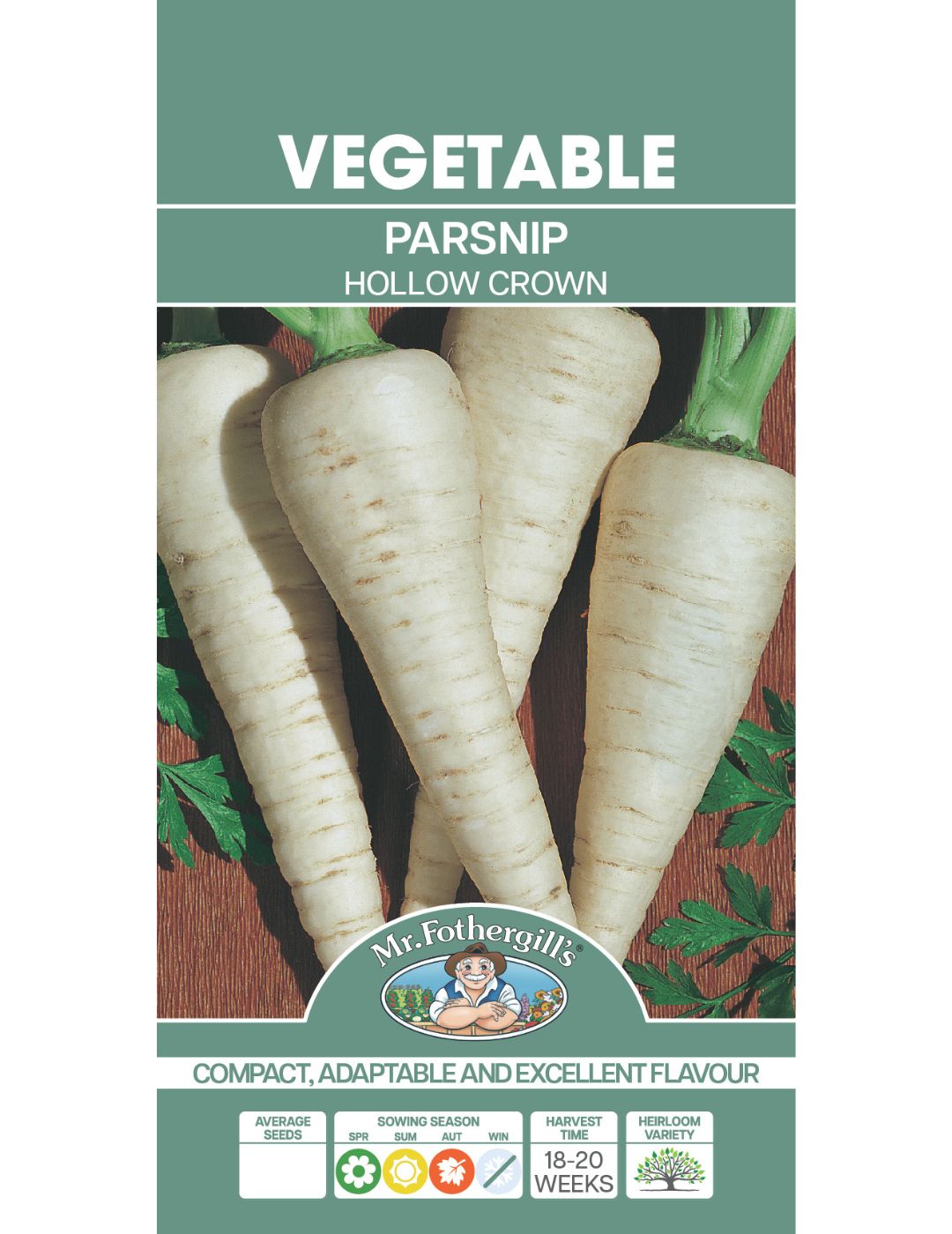
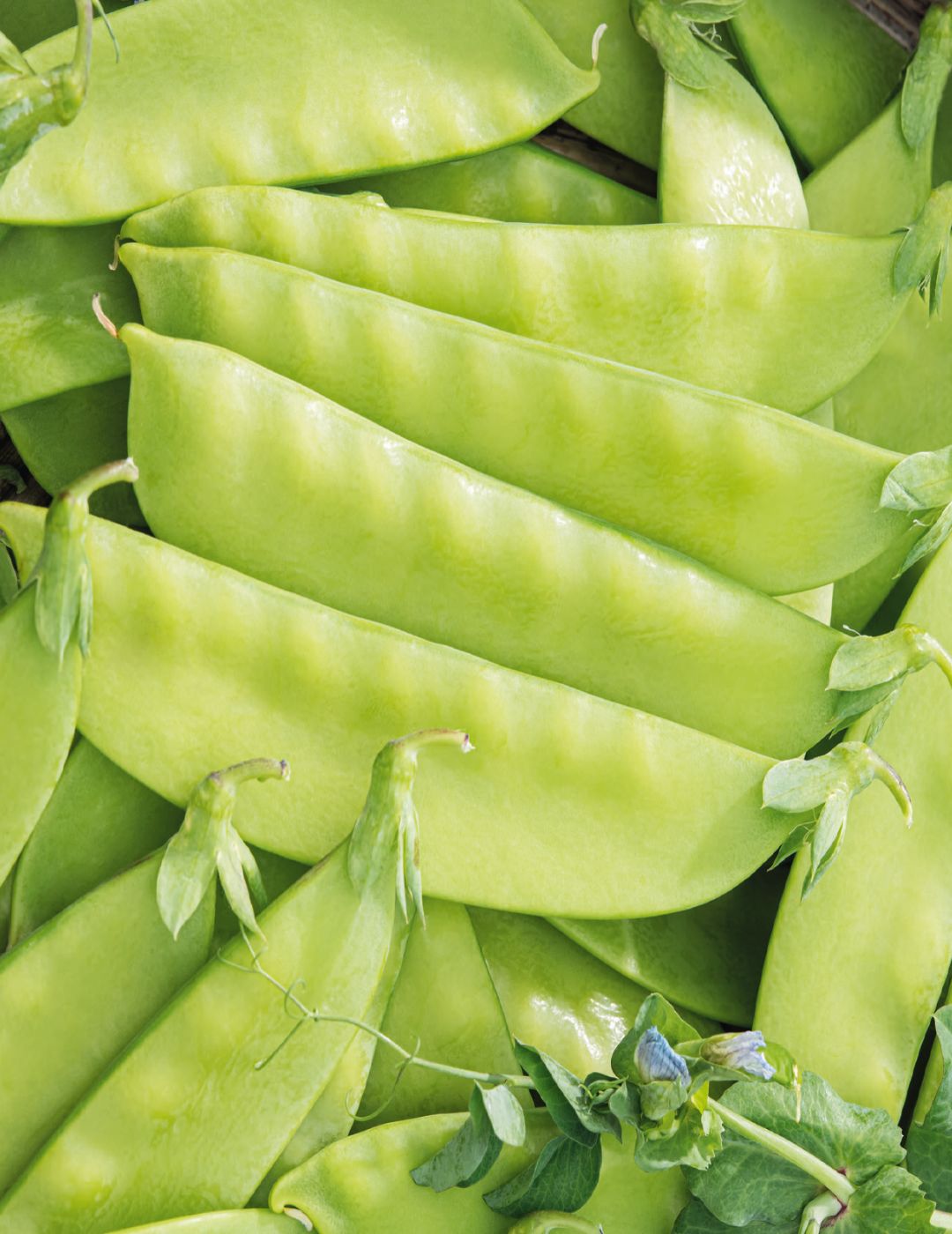
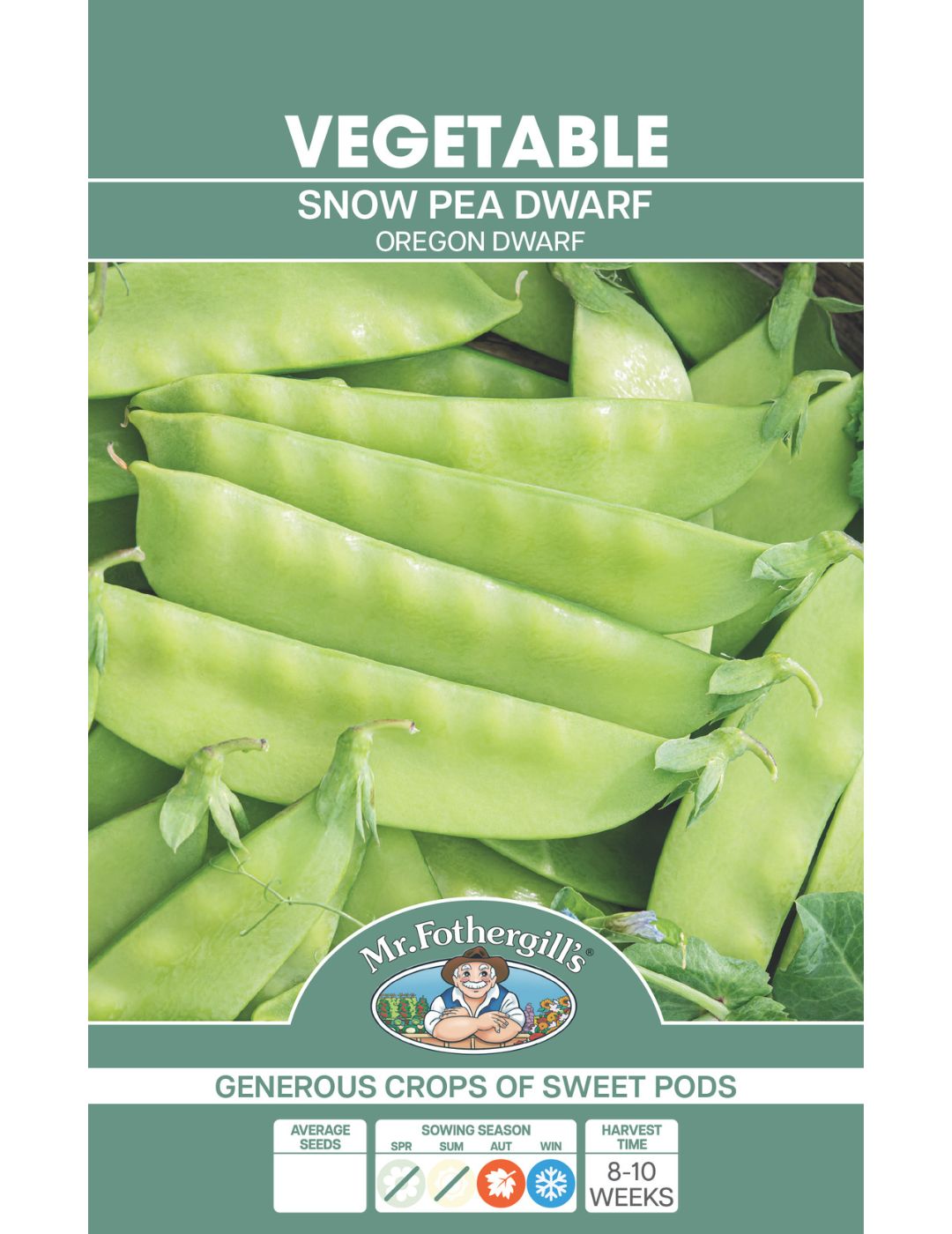
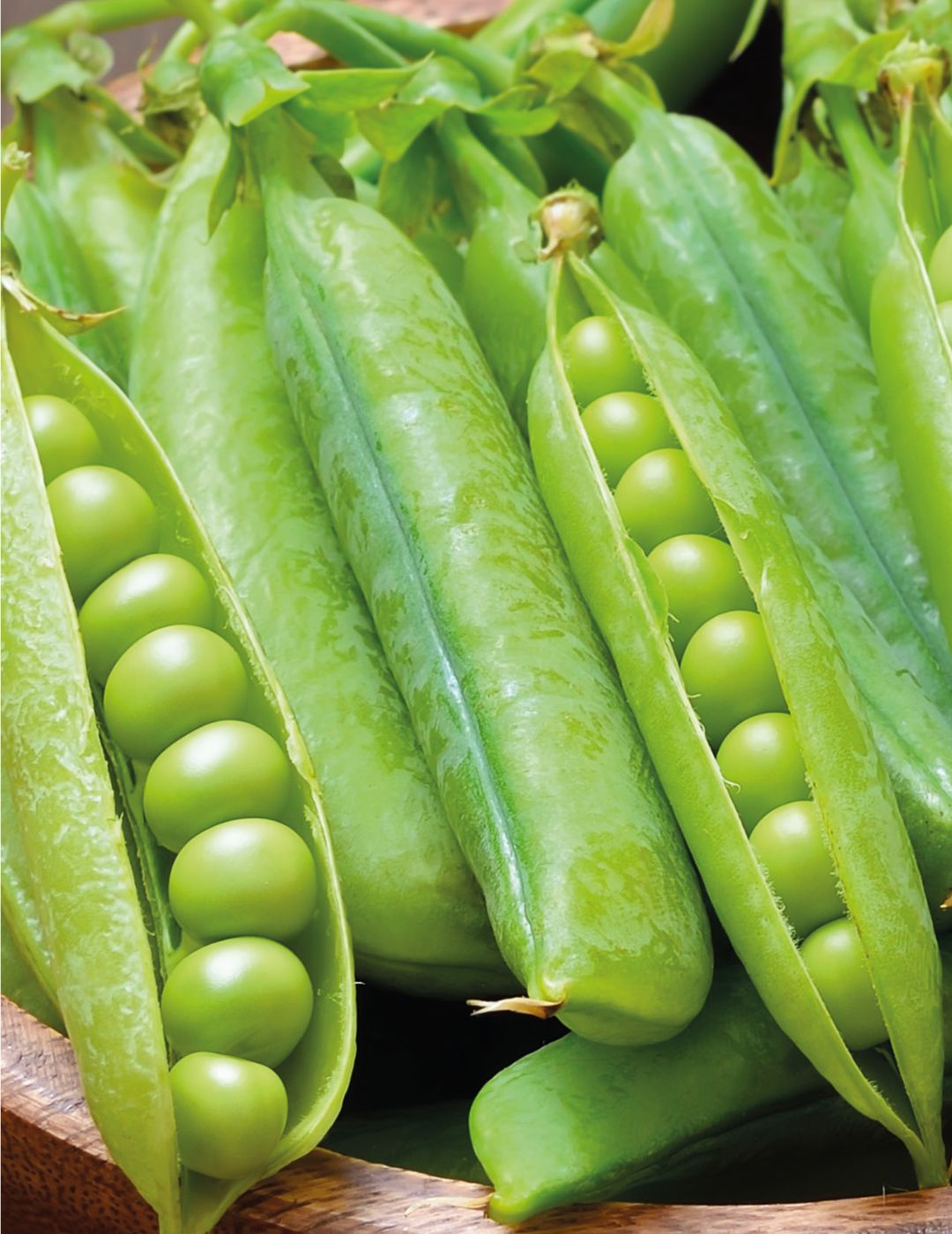
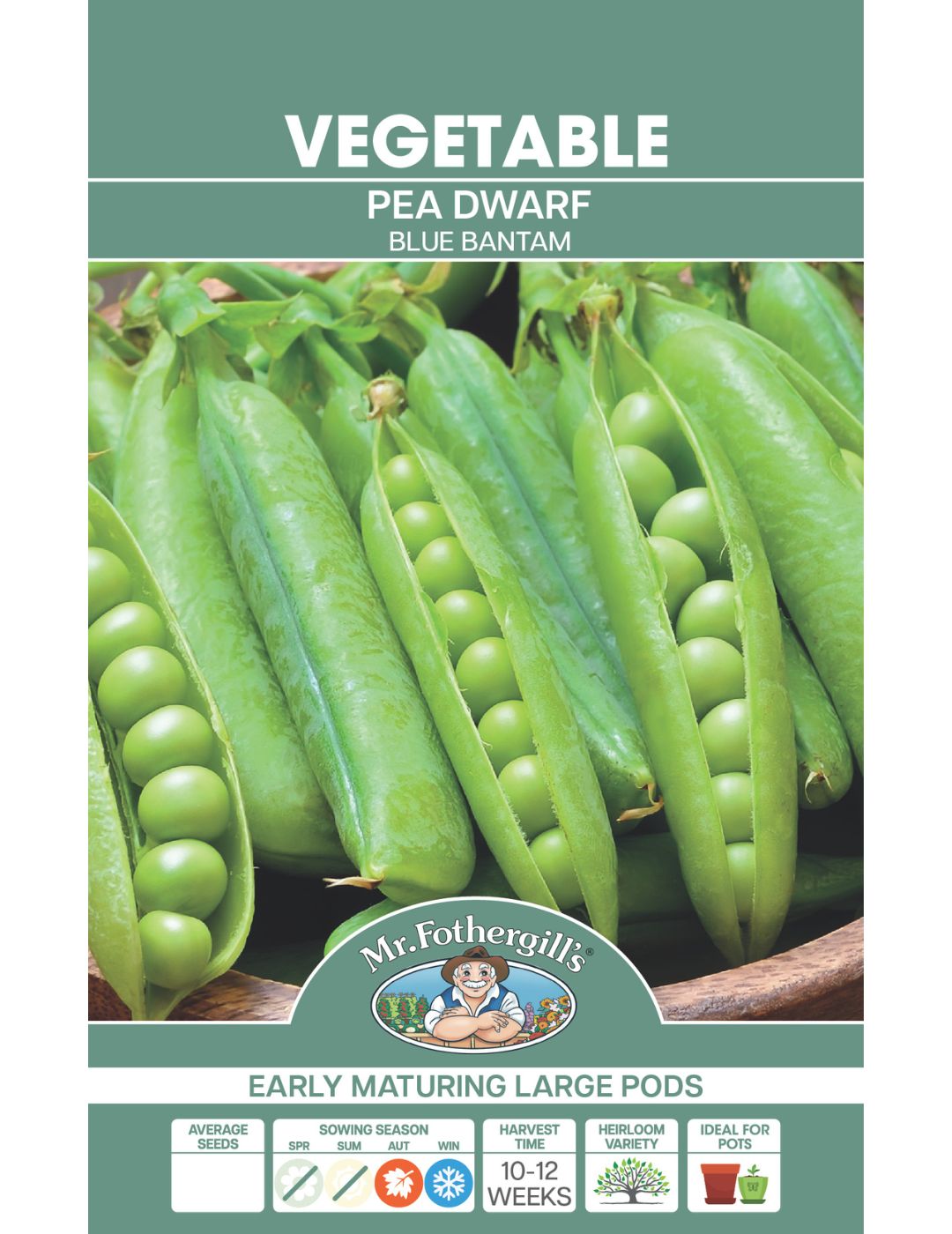
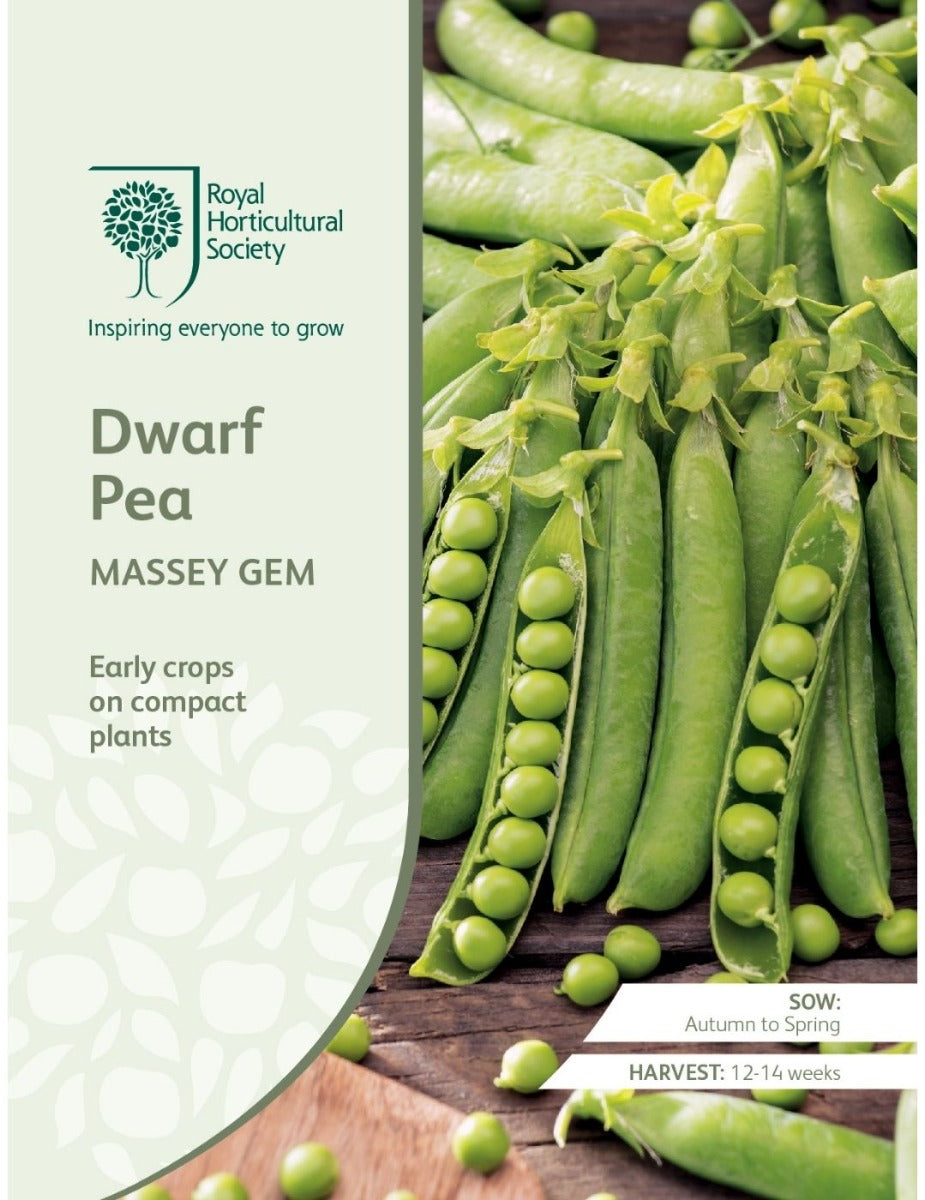
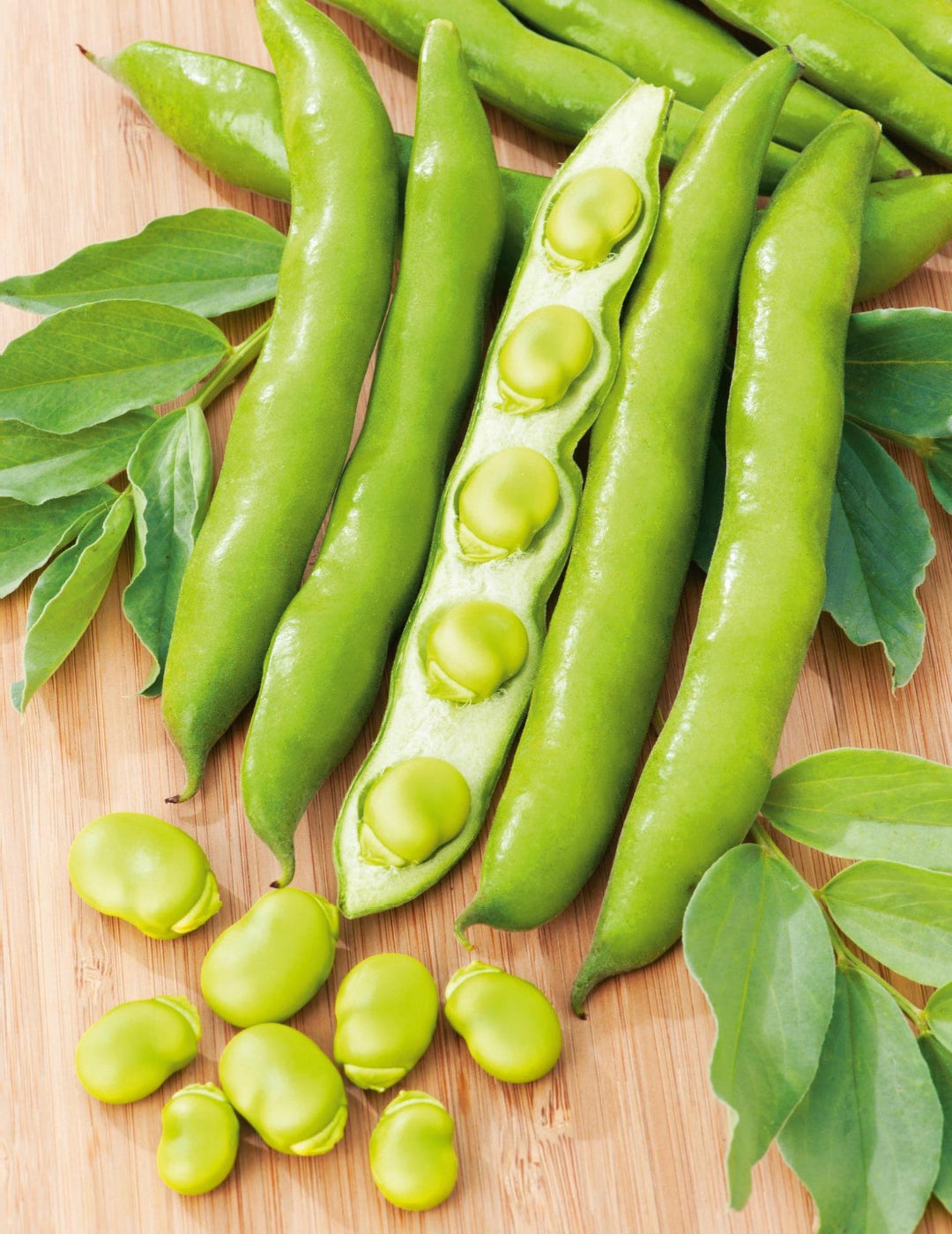
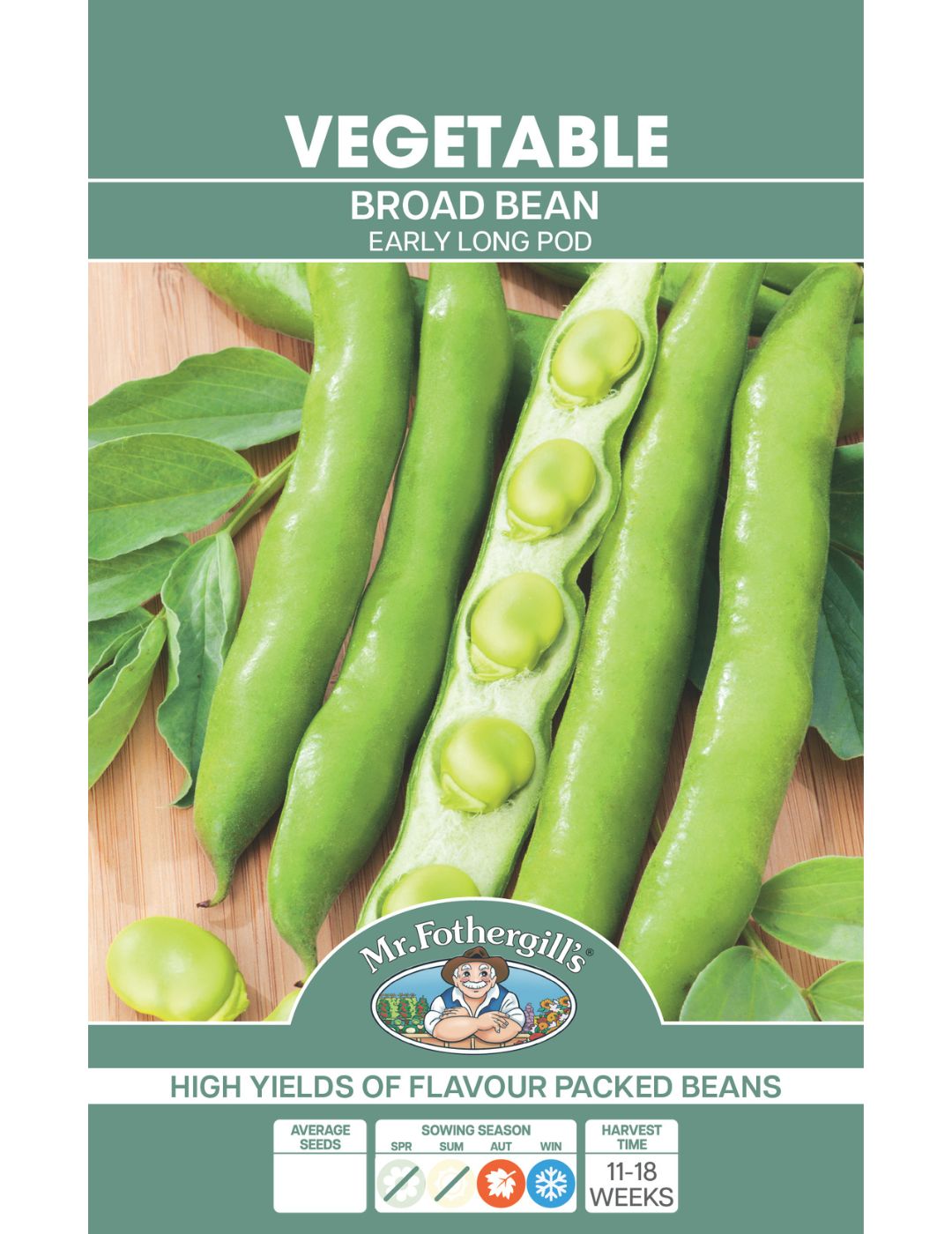
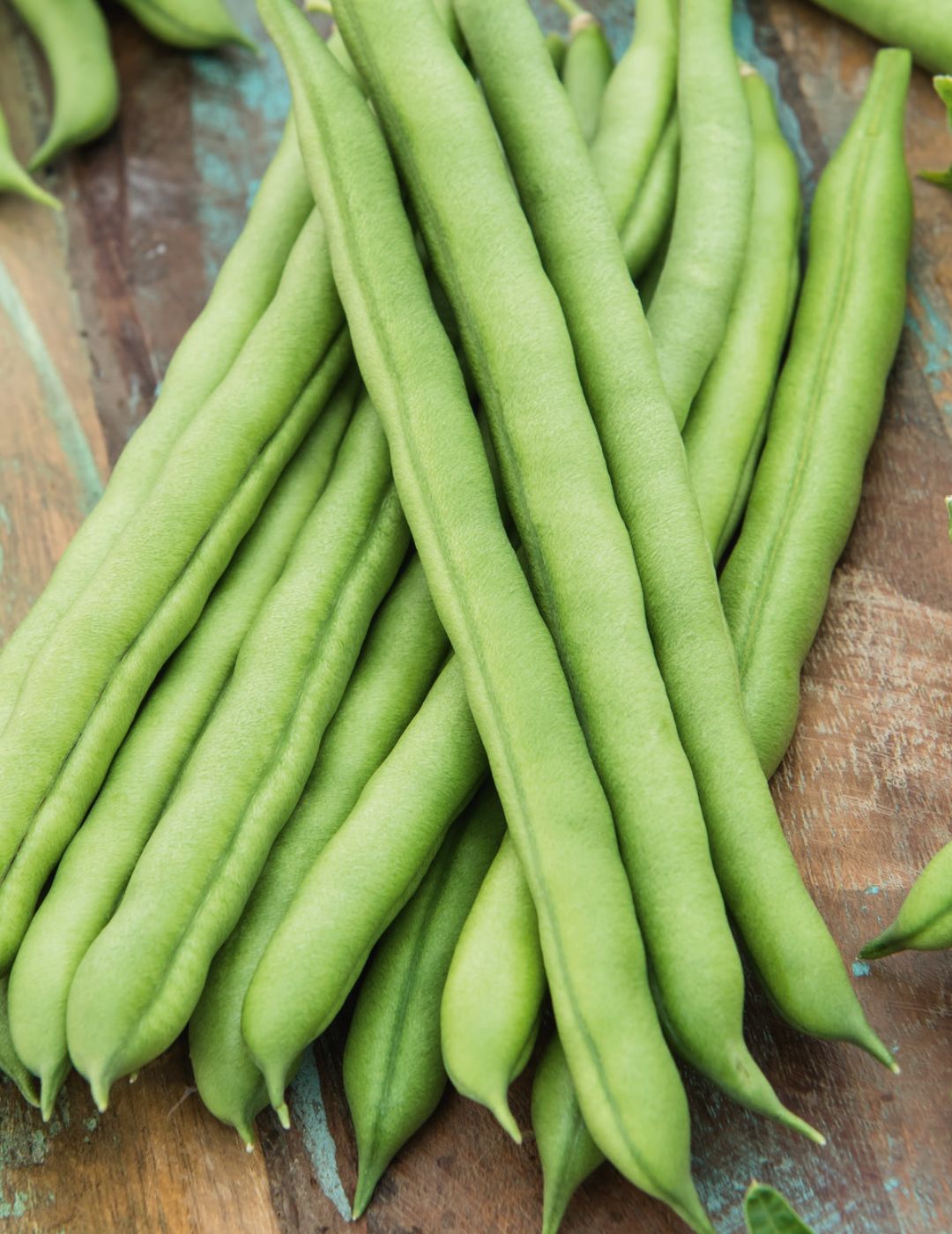
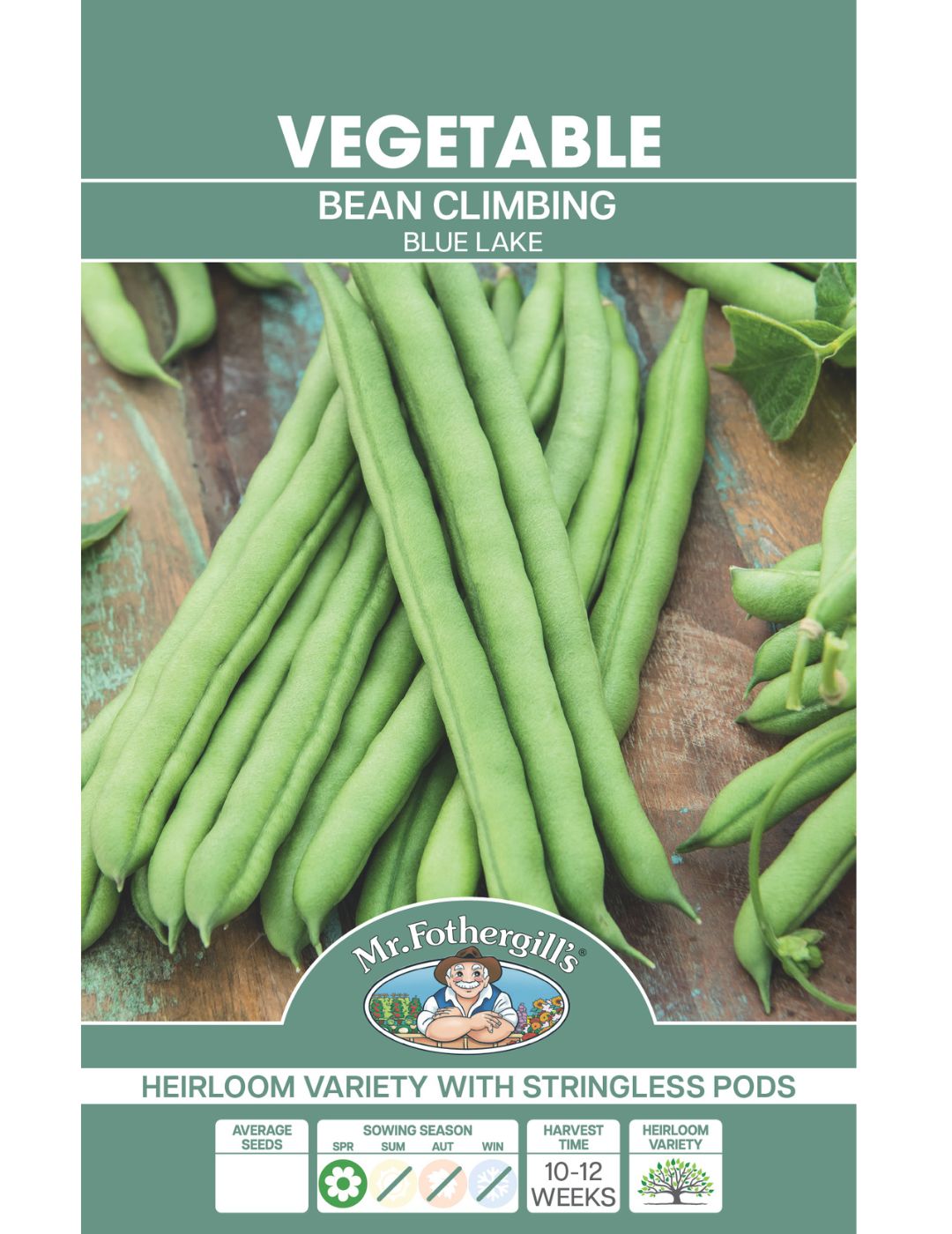
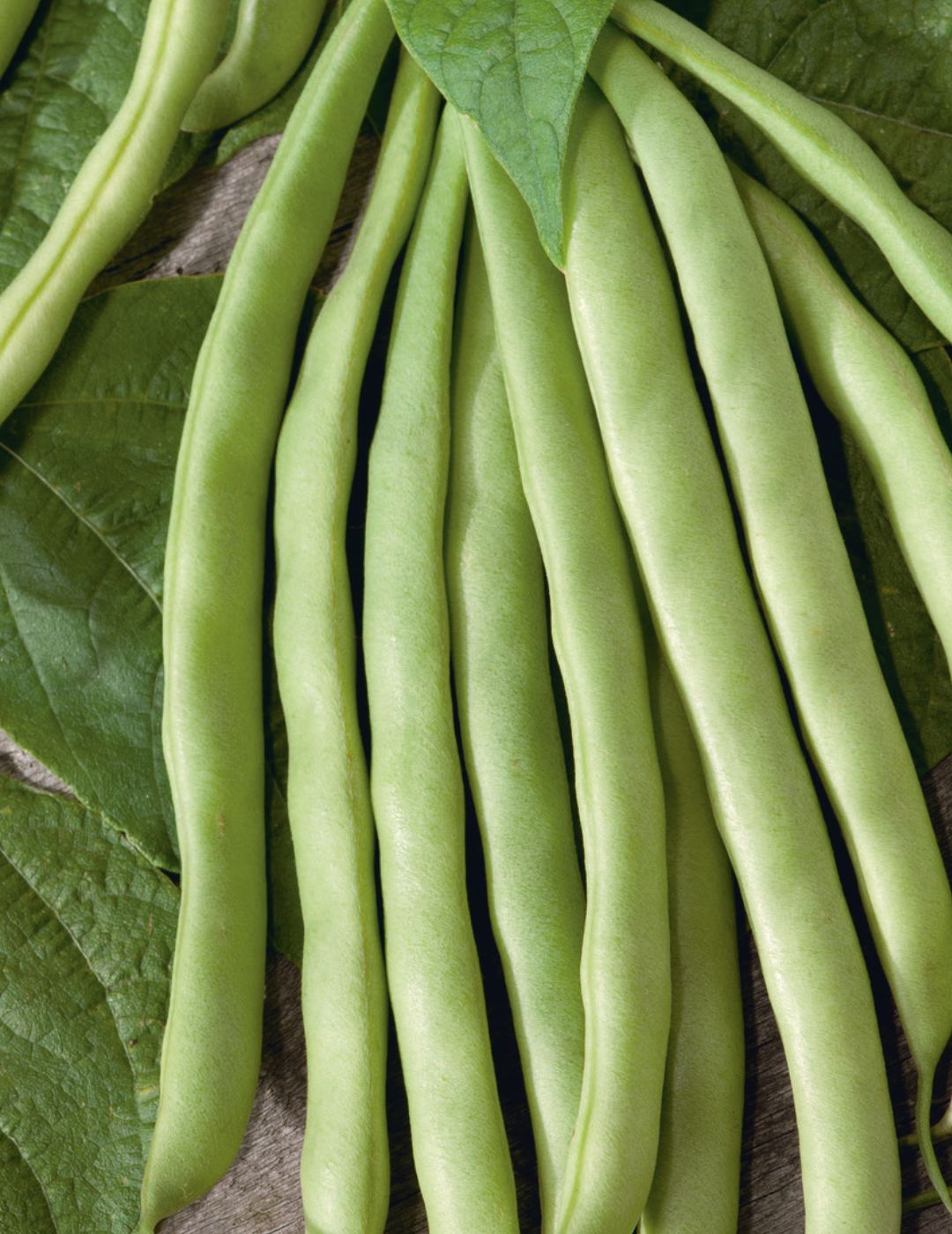
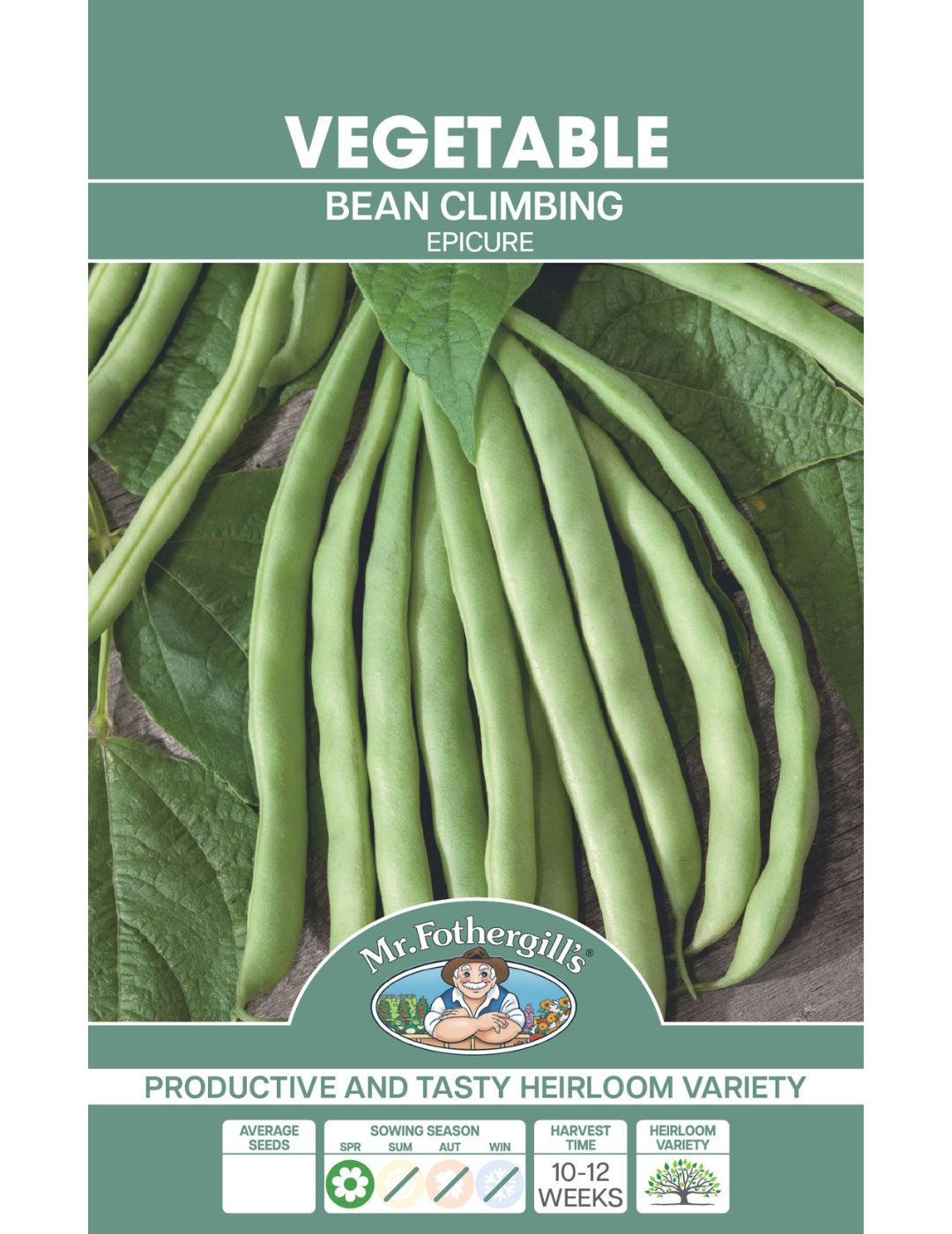
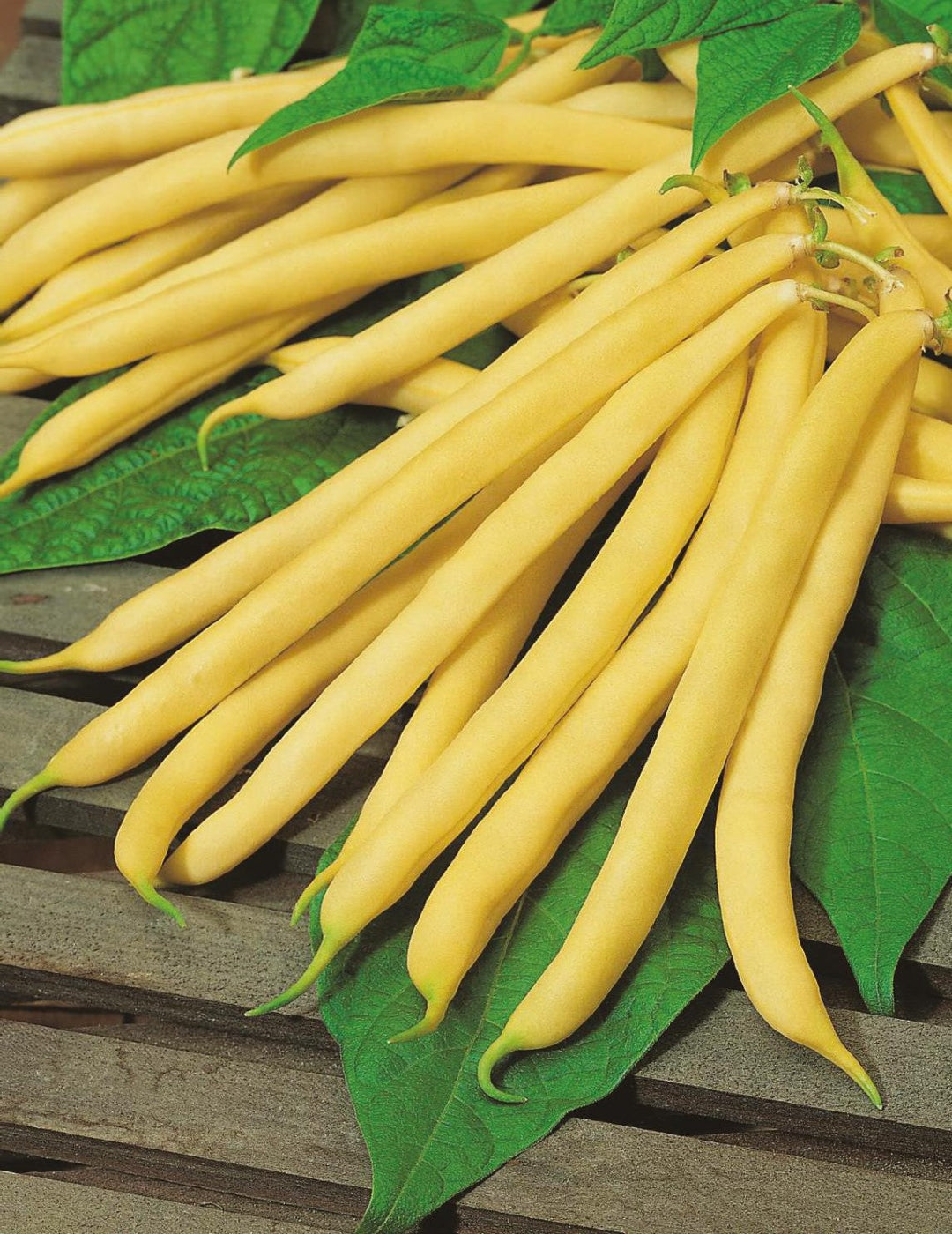
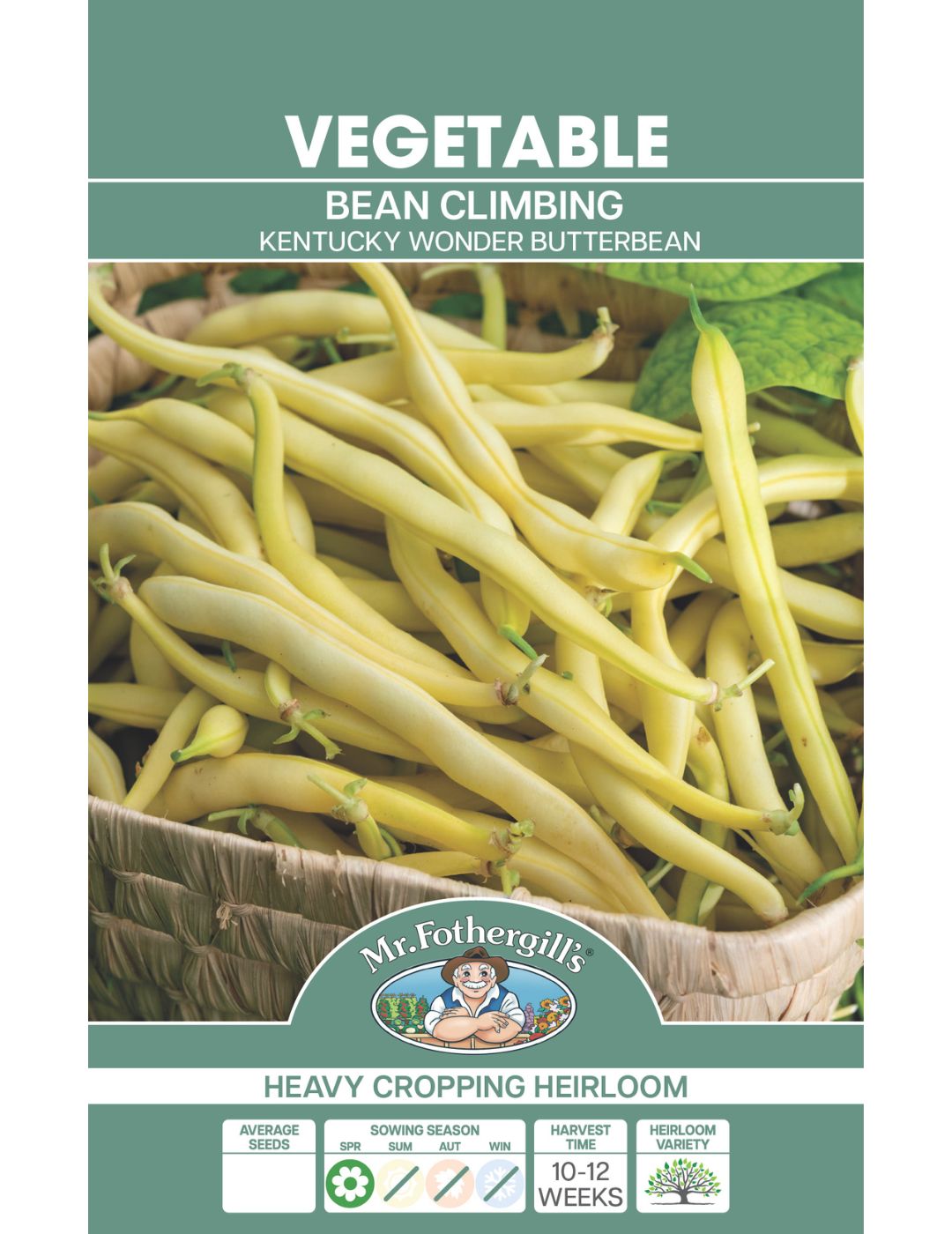
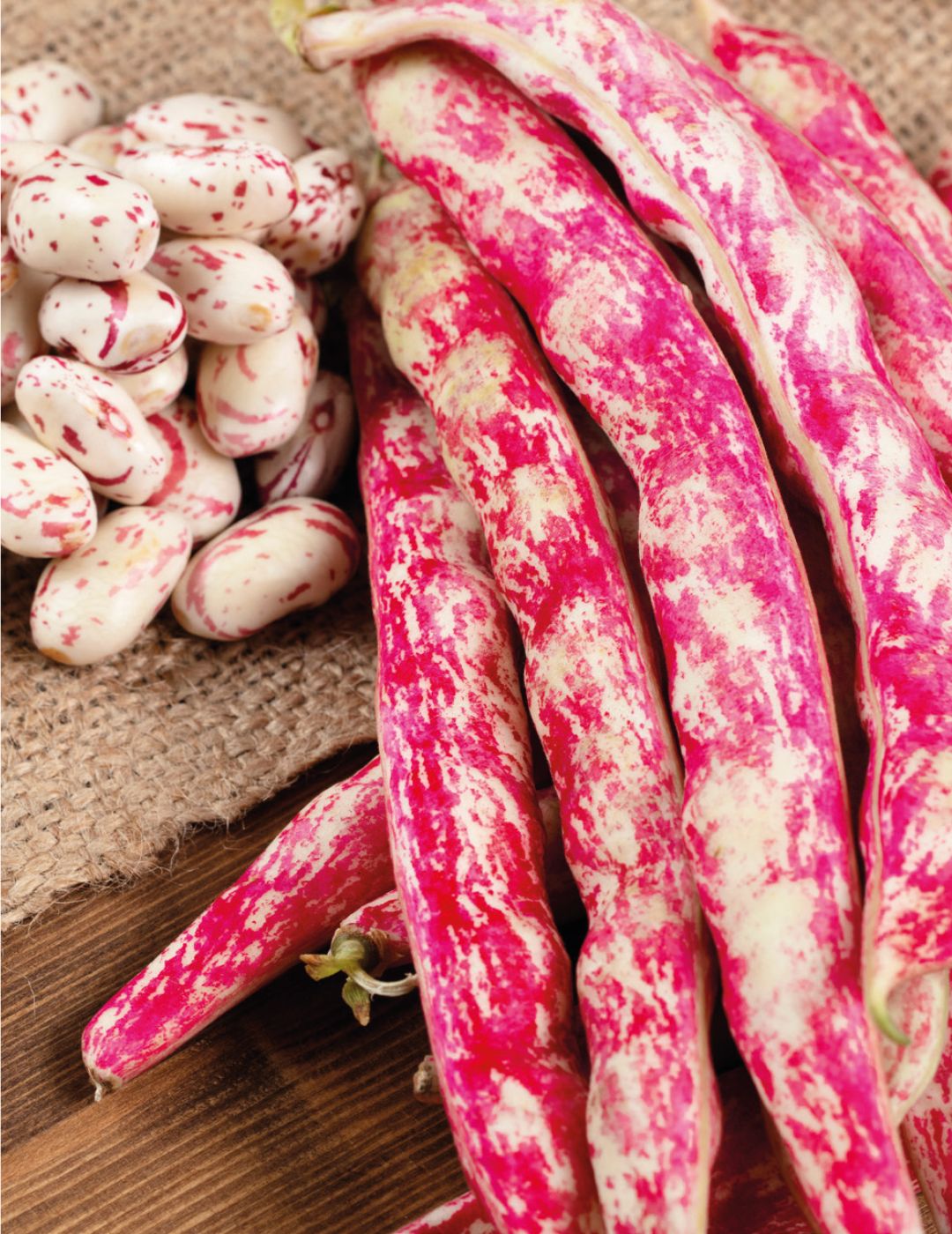
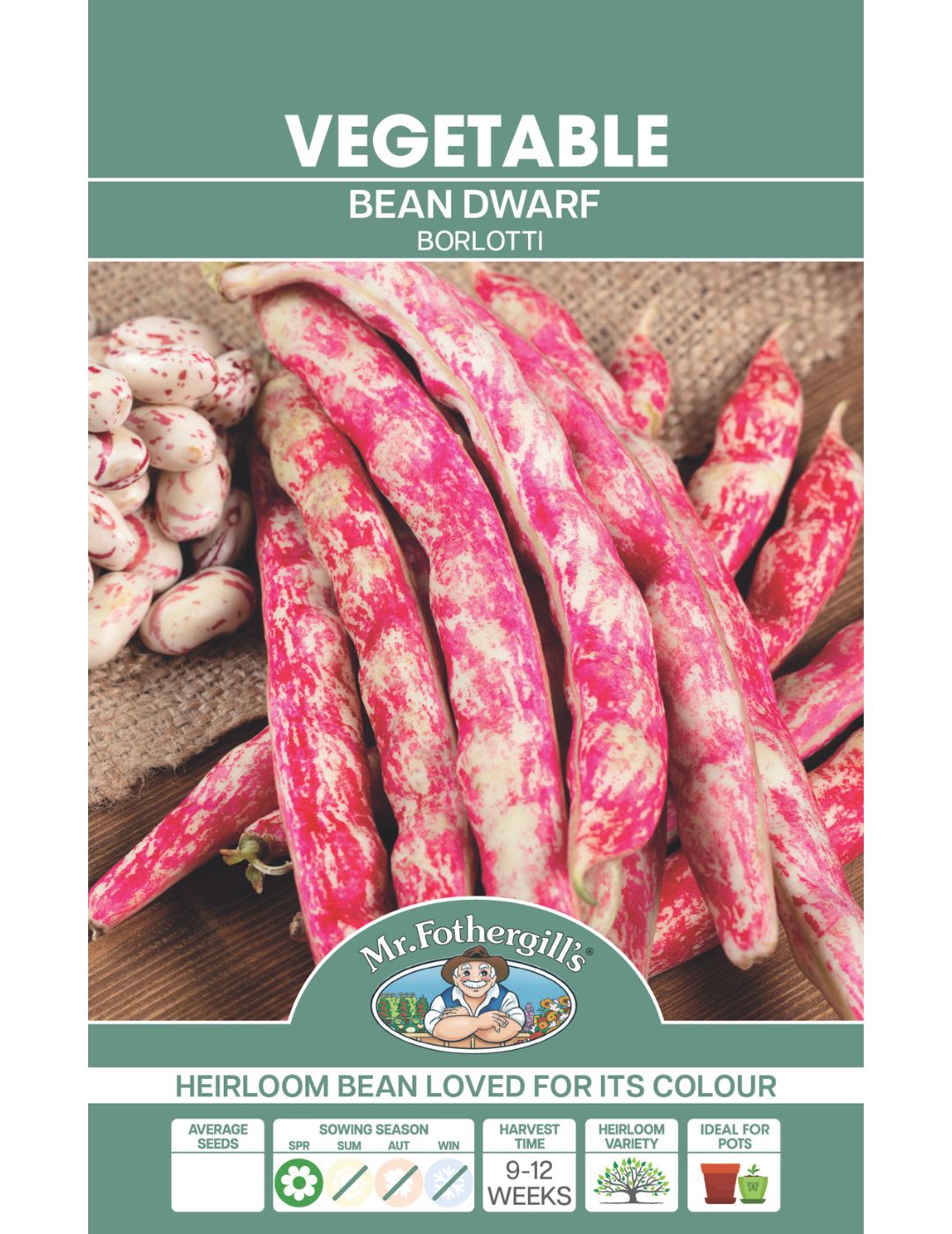
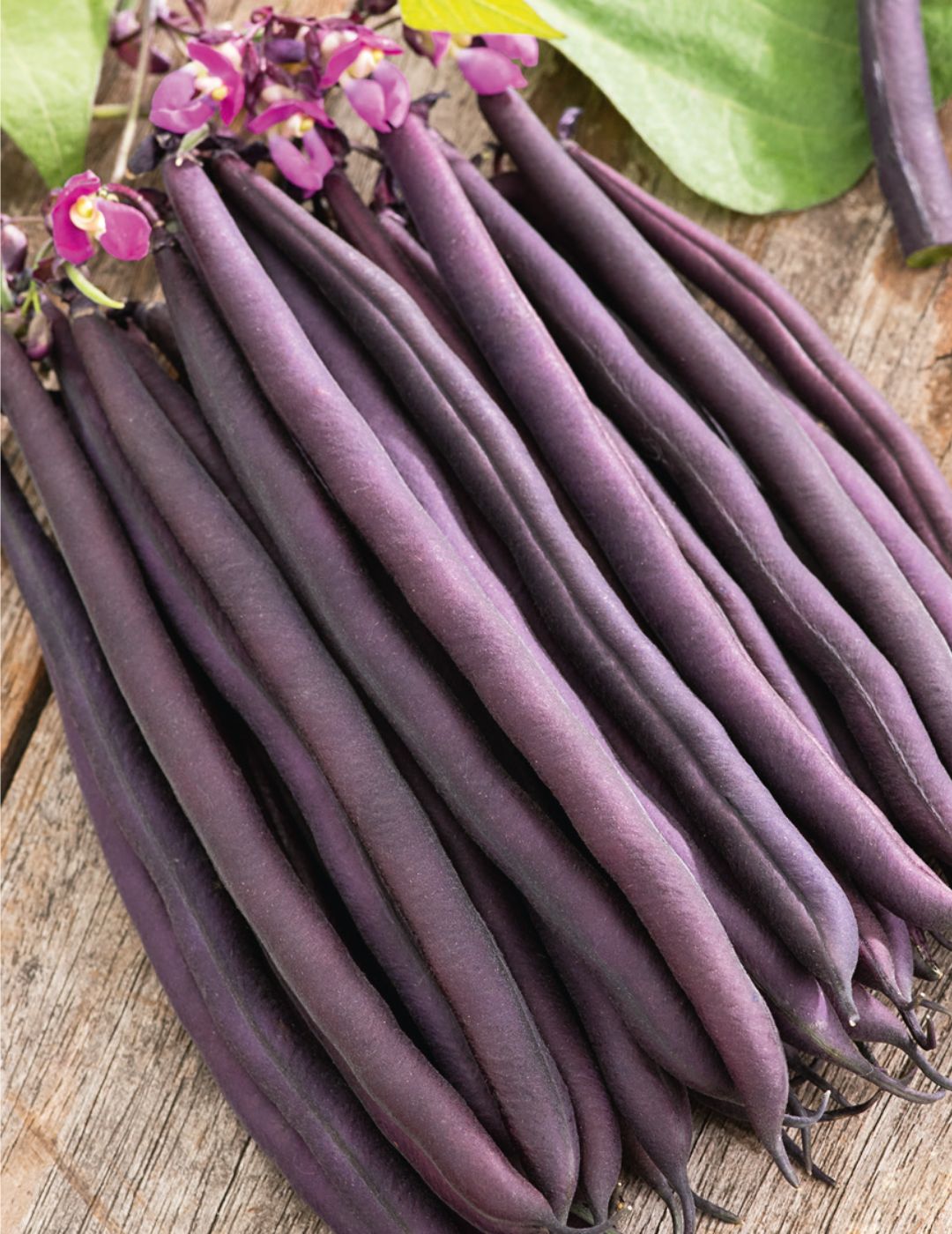
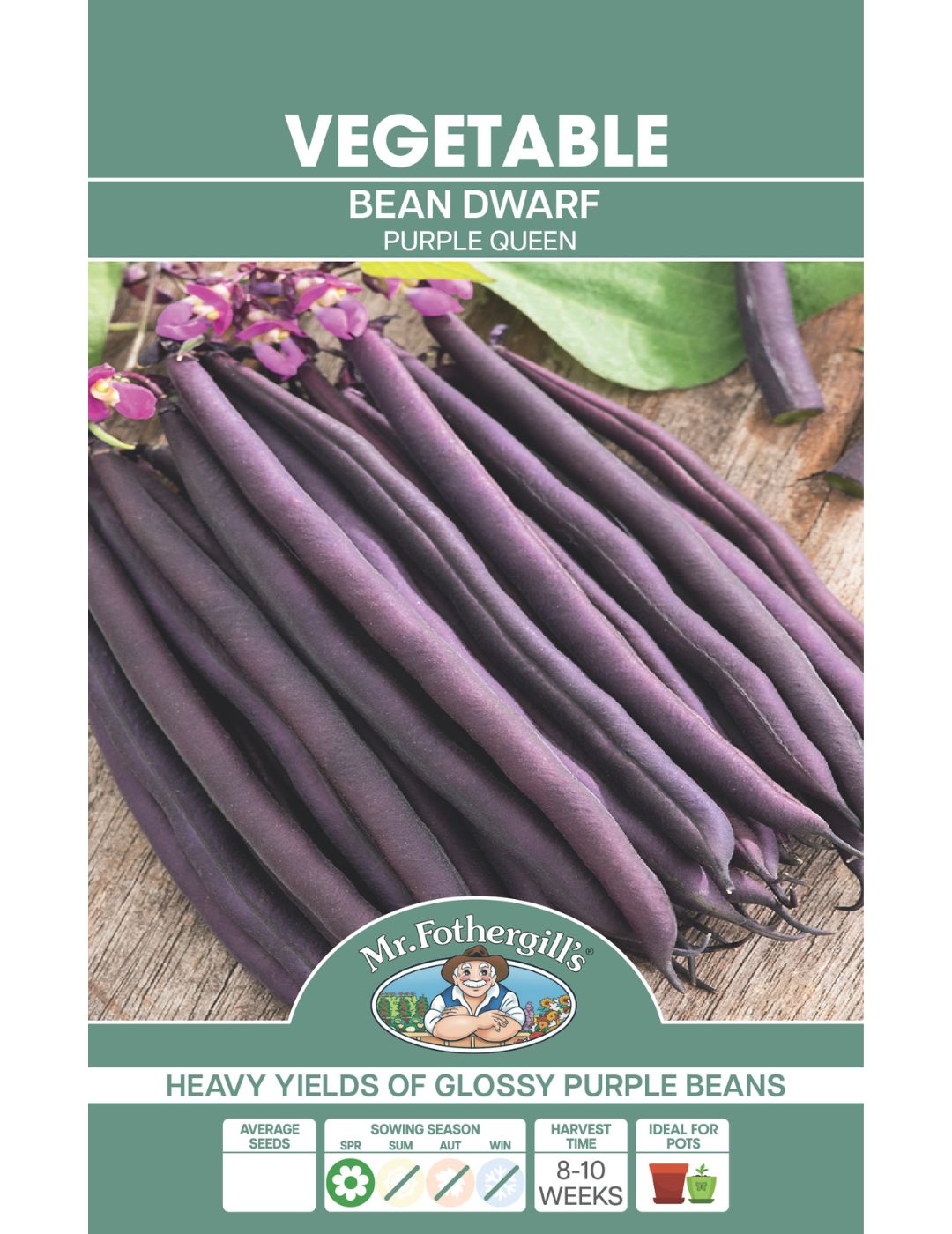
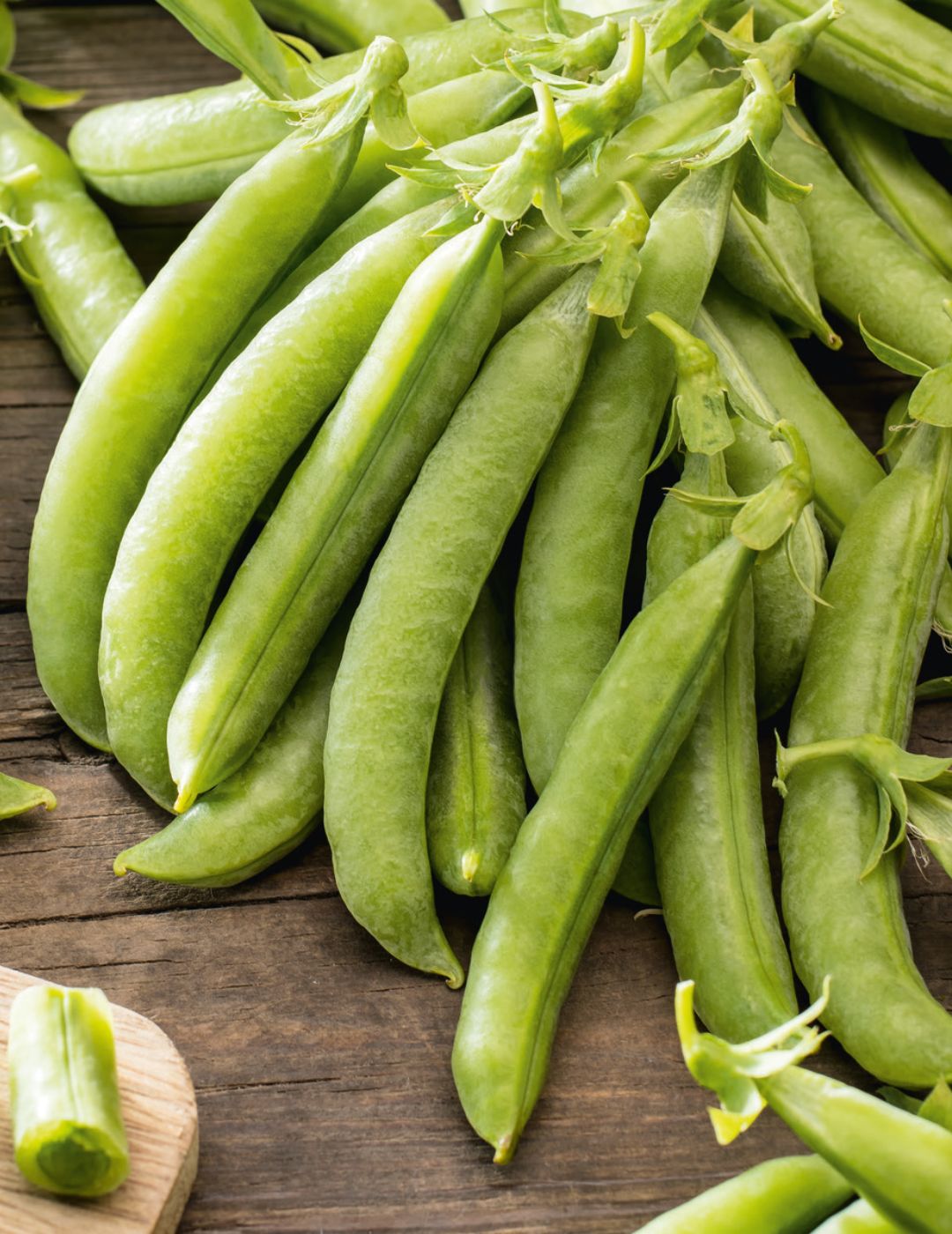
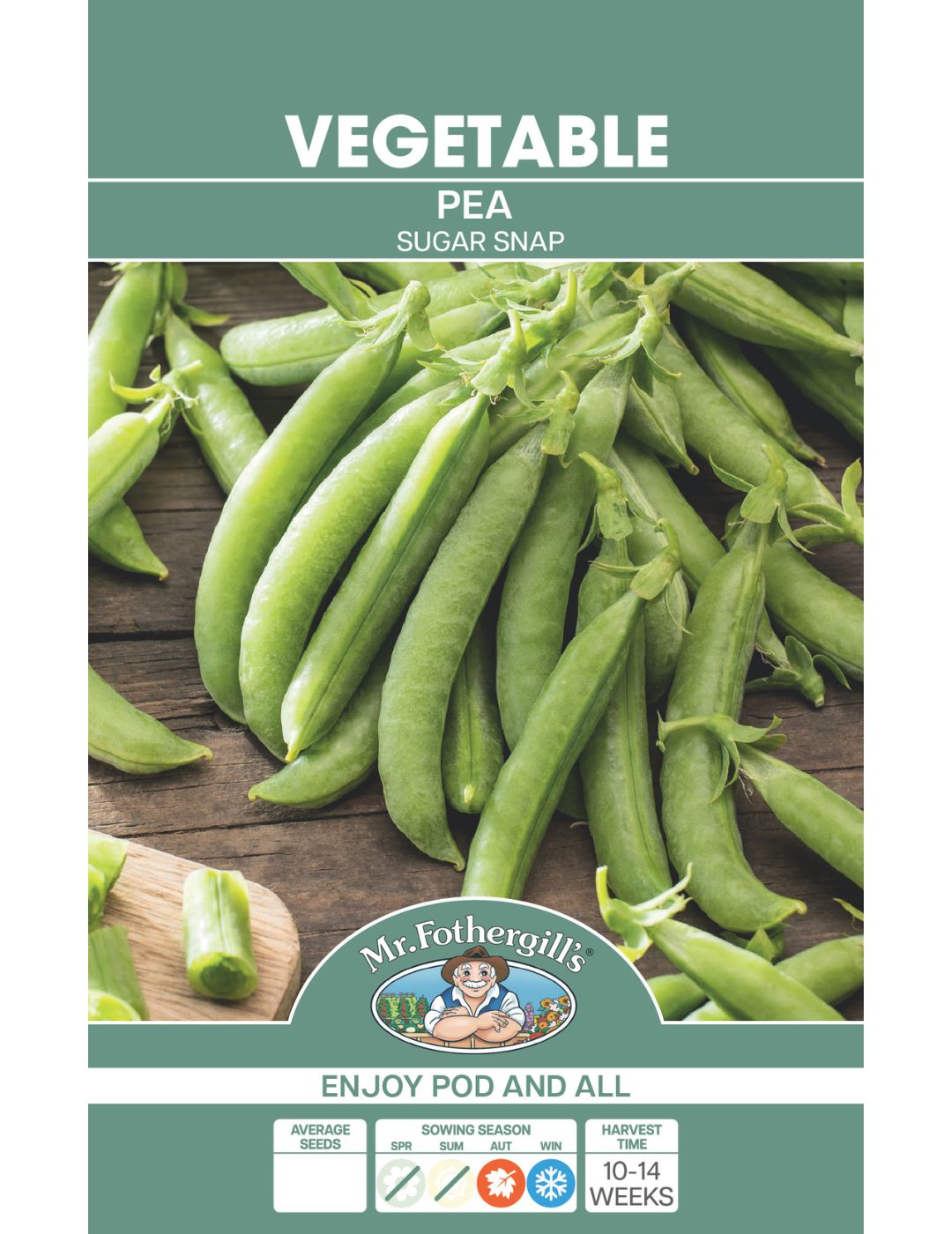
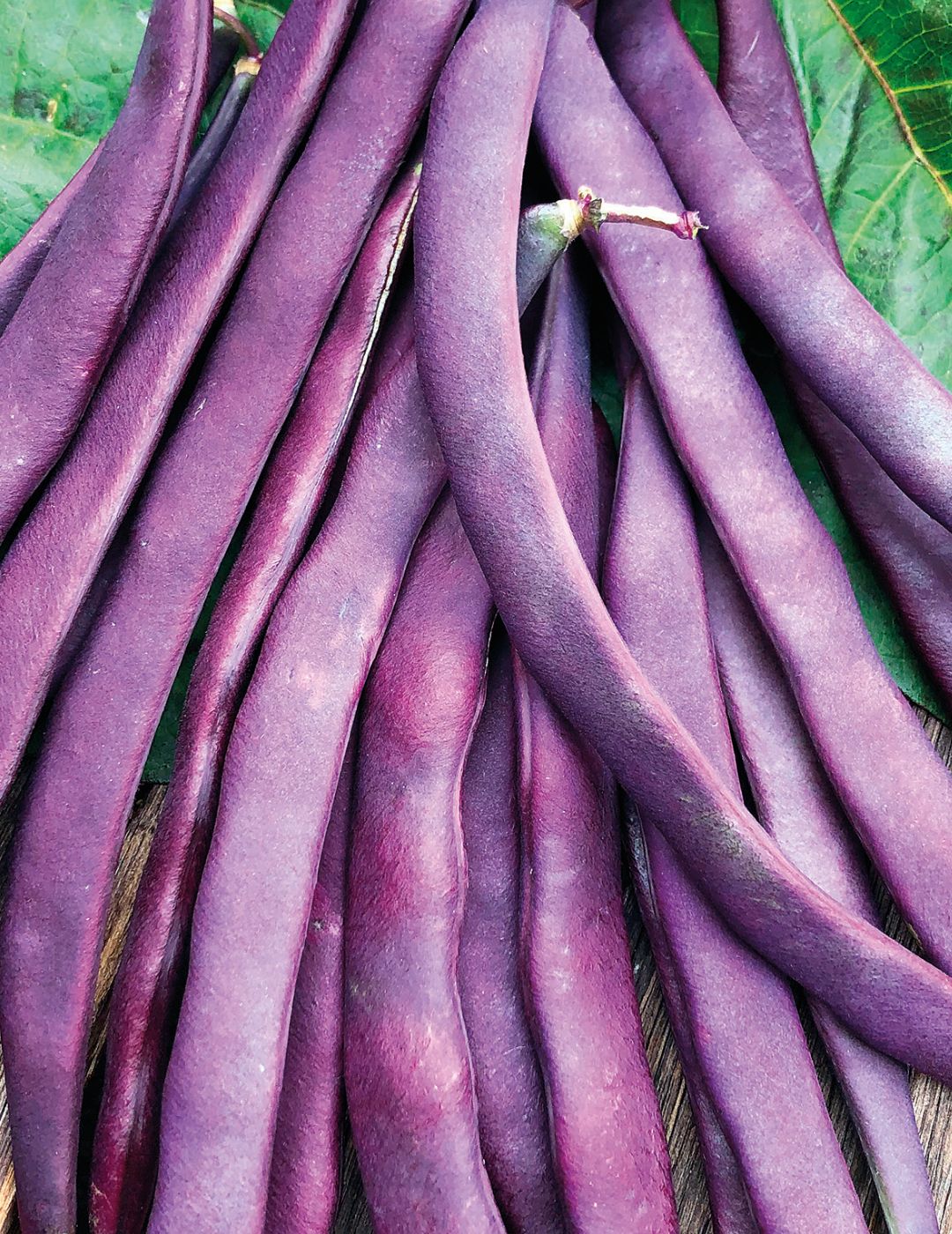
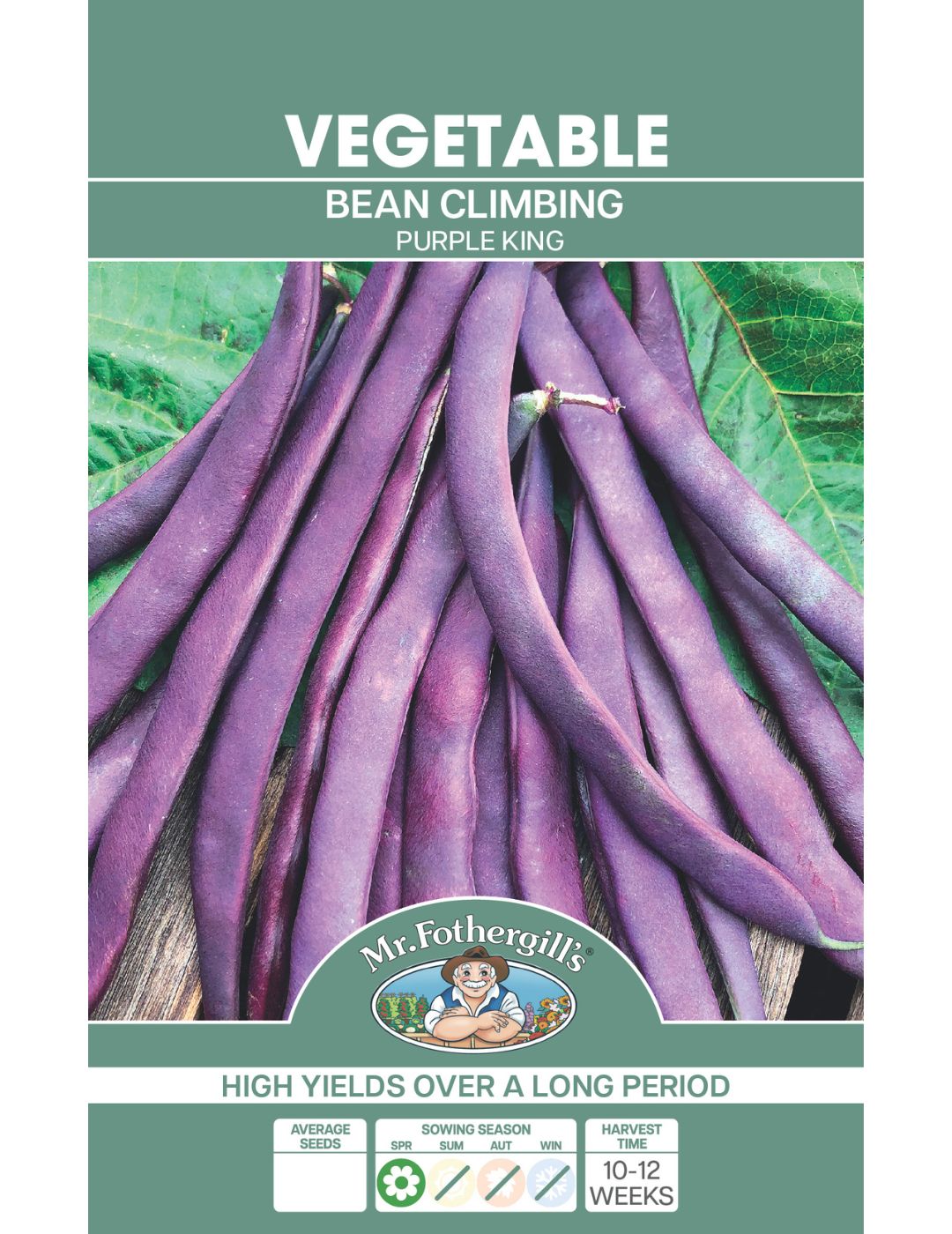
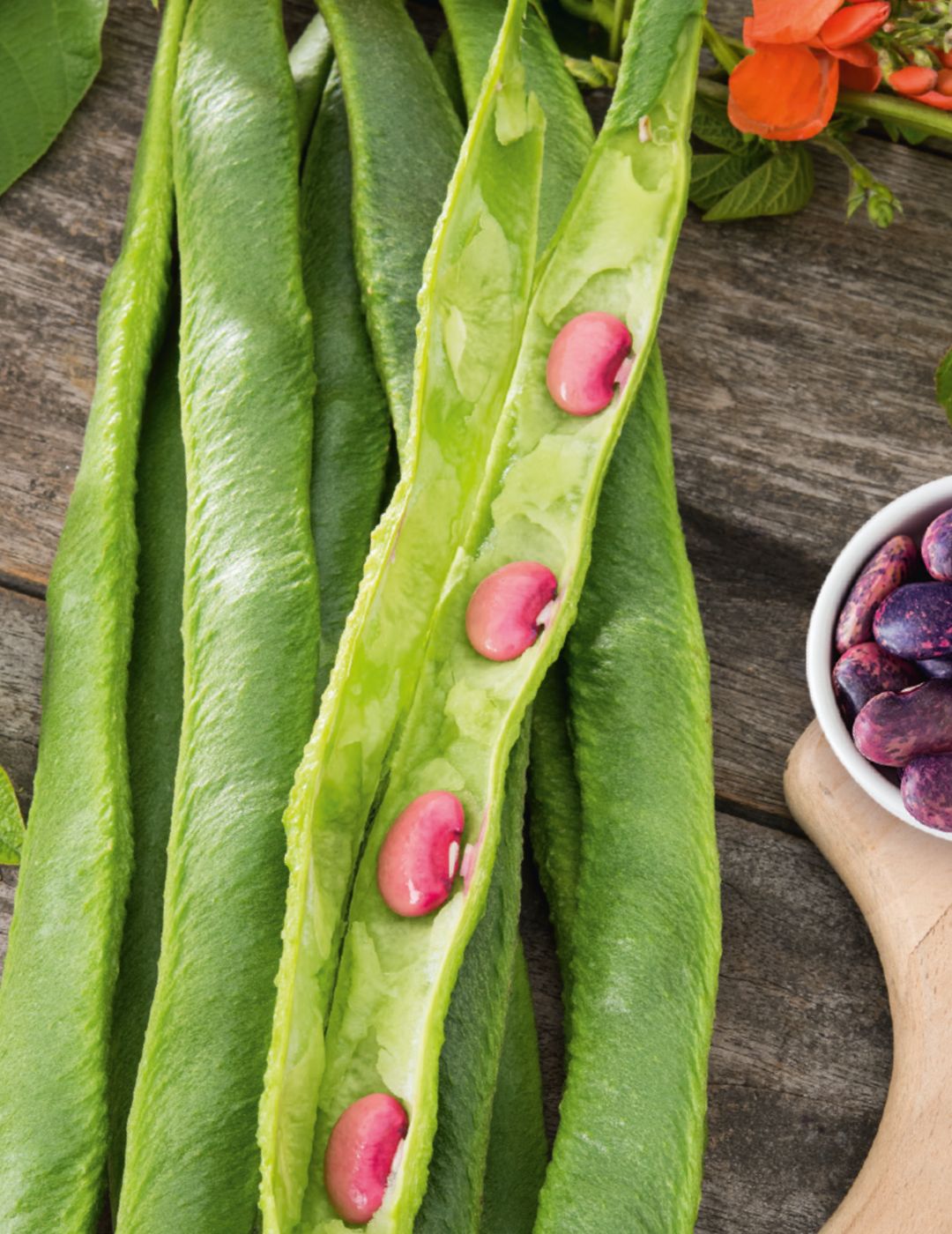
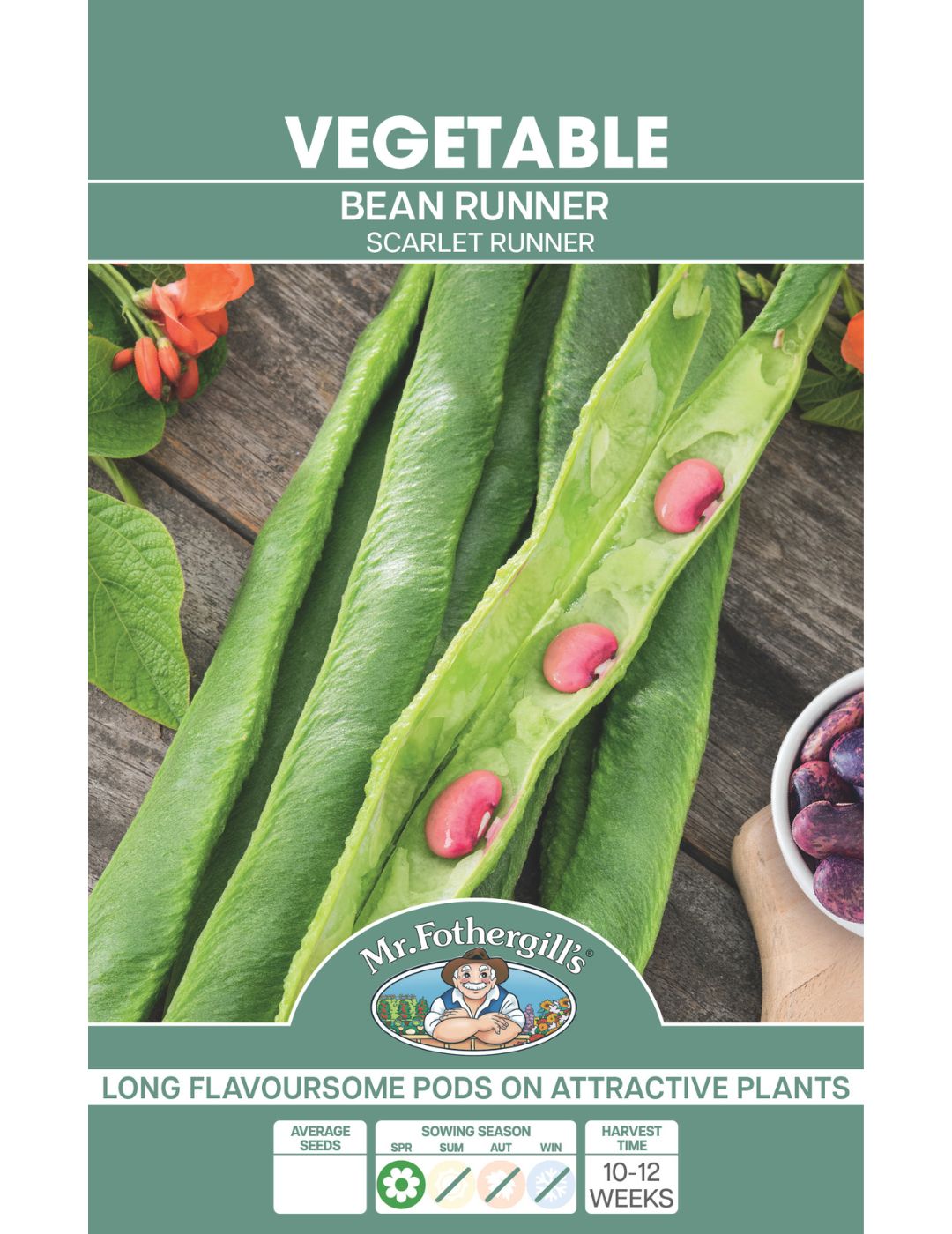
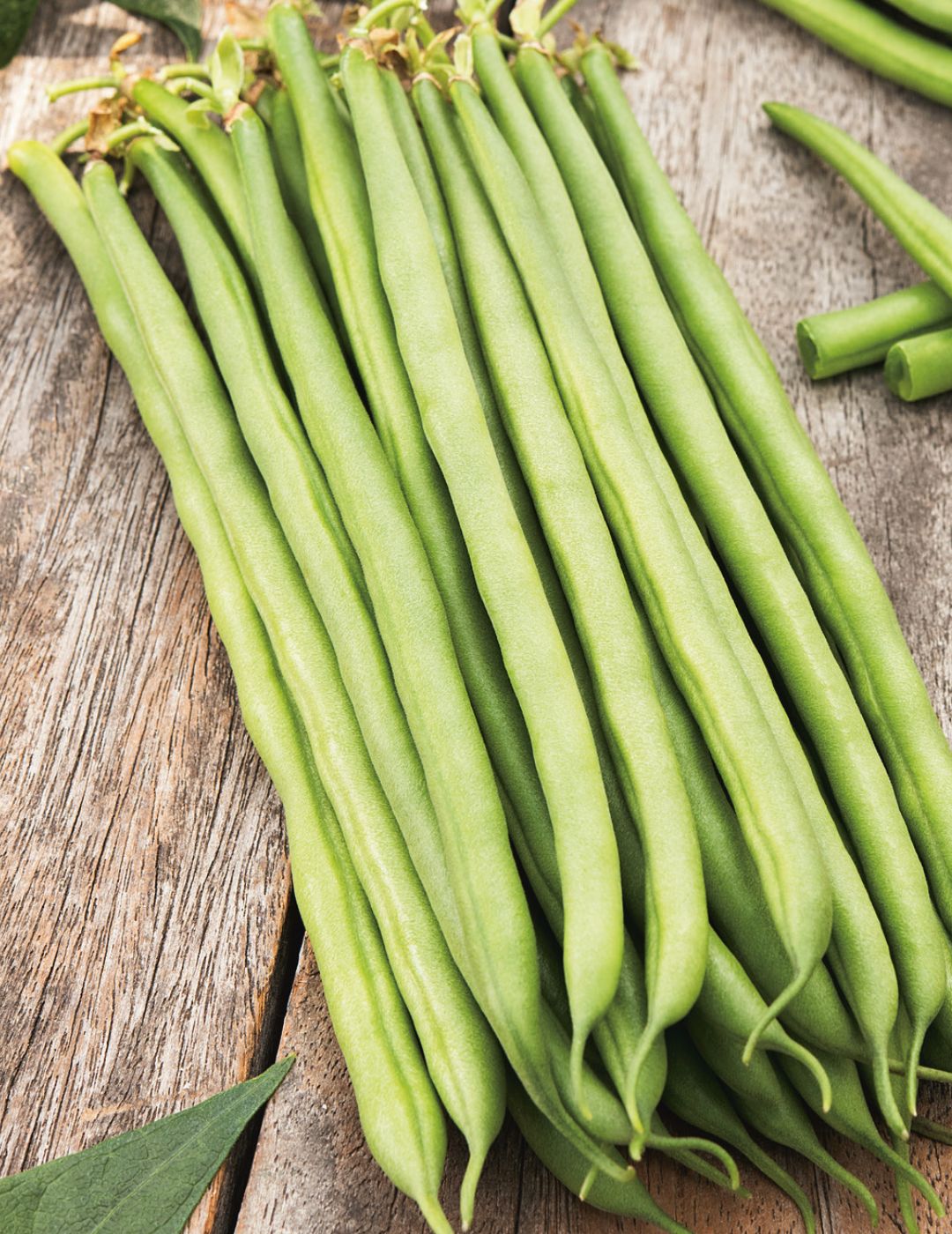
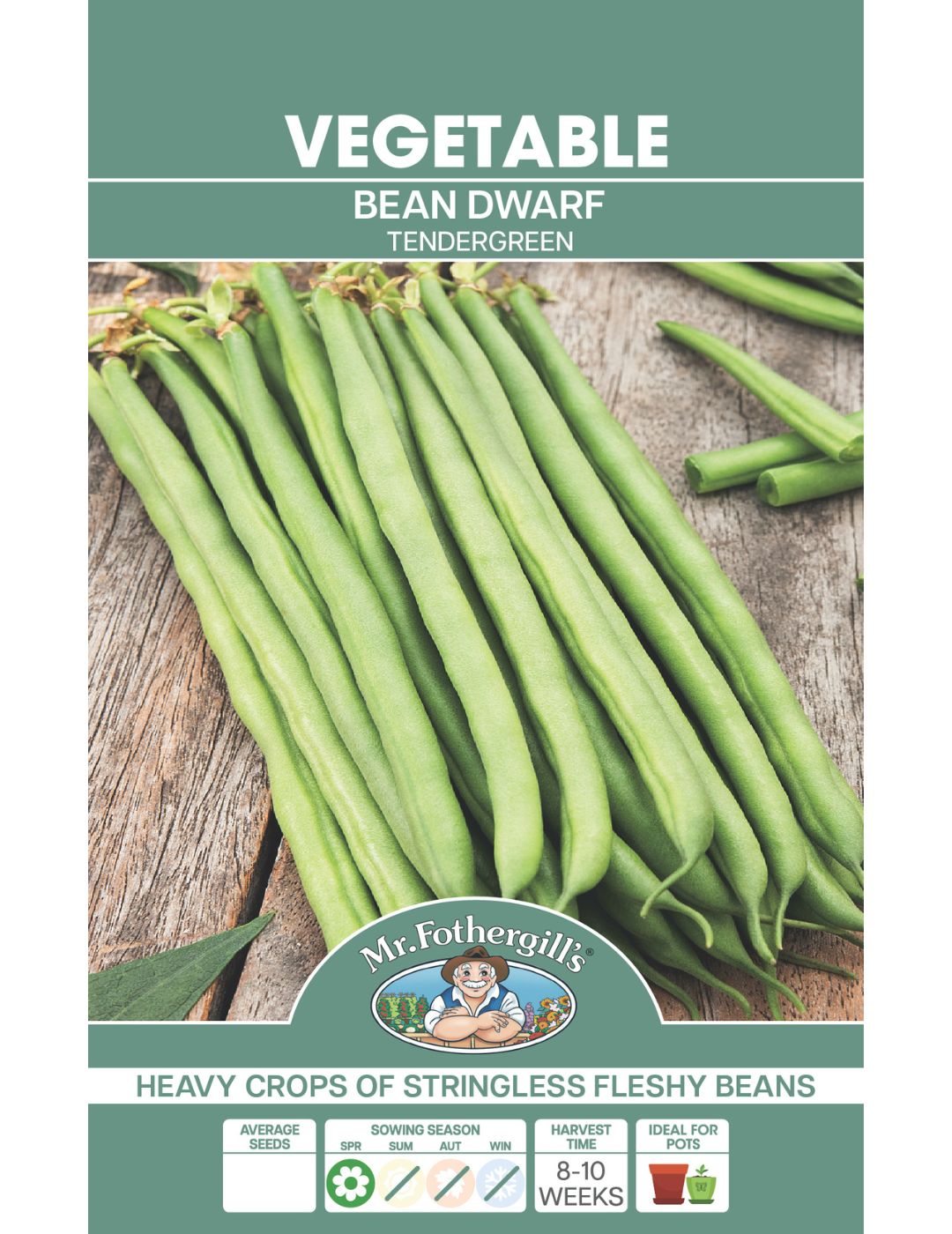





Leave a comment
All comments are moderated before being published.
This site is protected by hCaptcha and the hCaptcha Privacy Policy and Terms of Service apply.